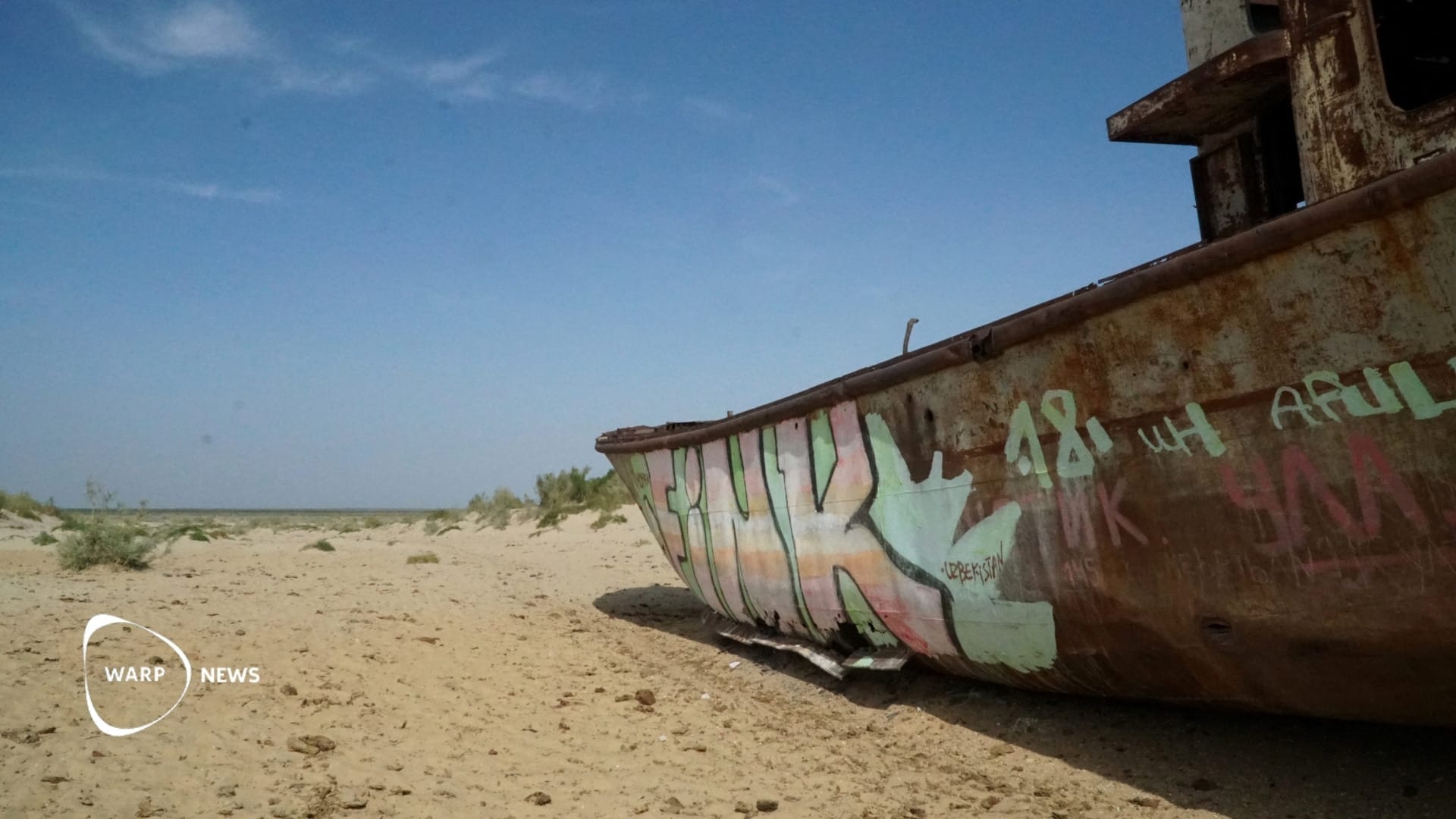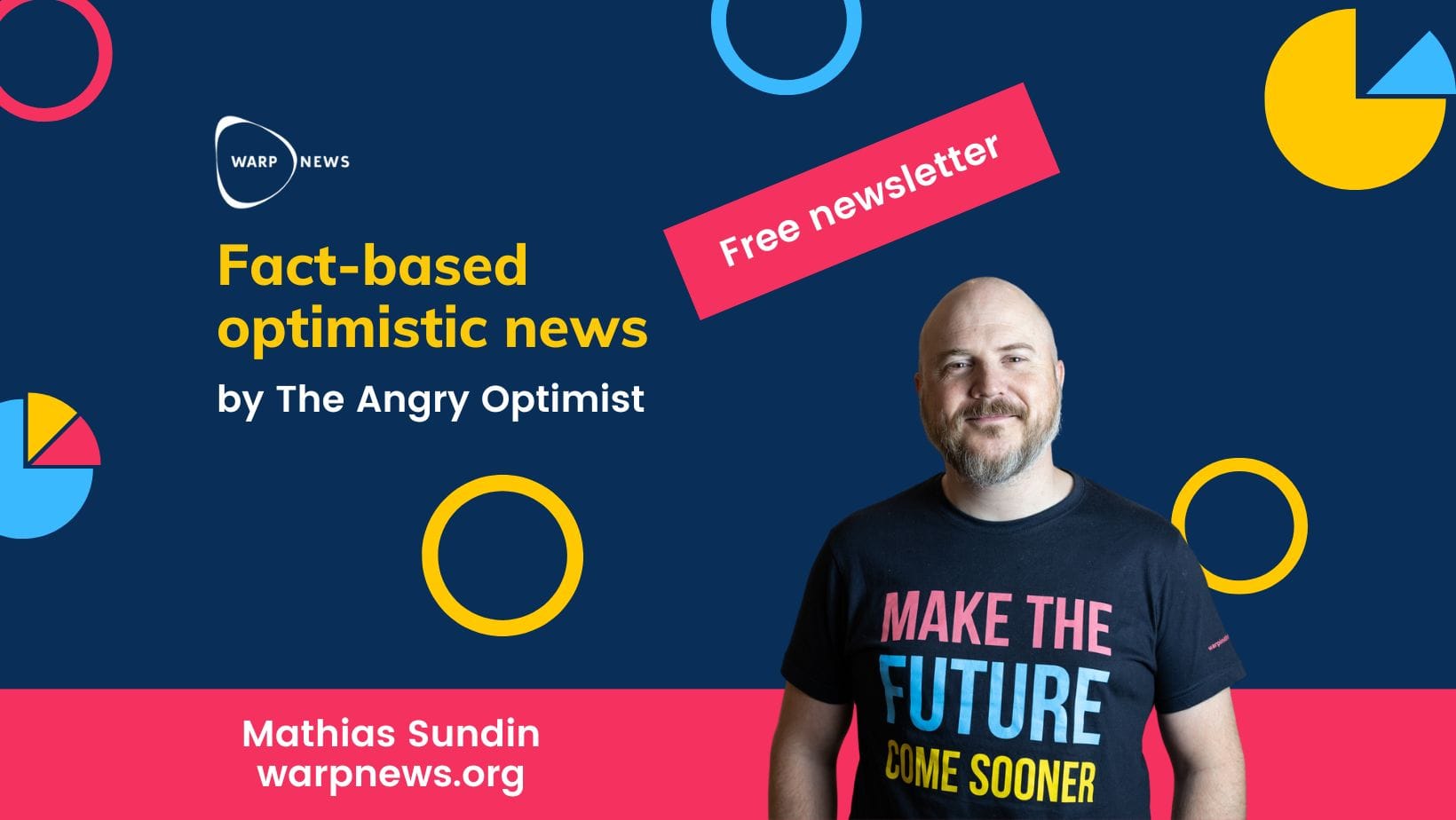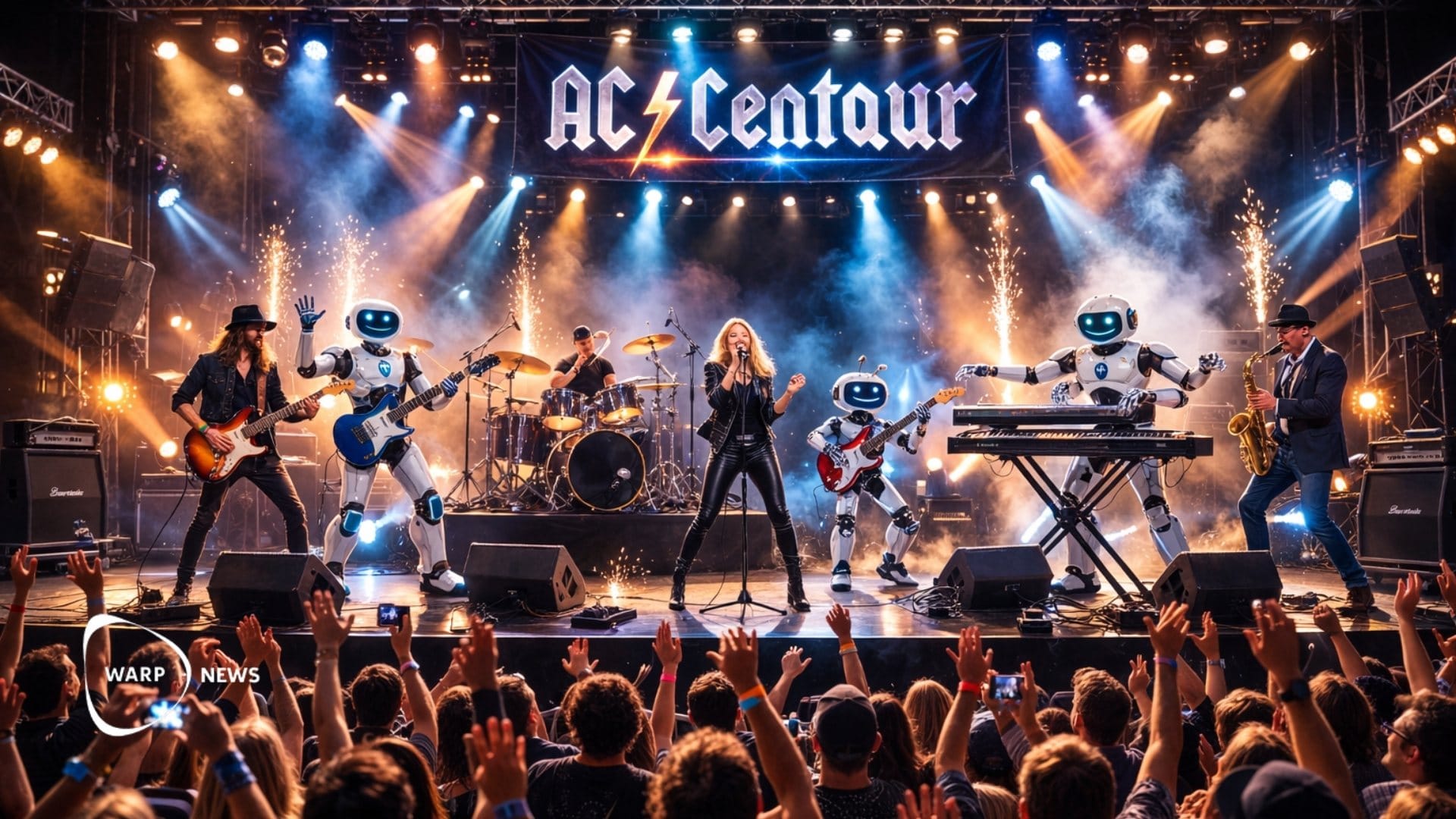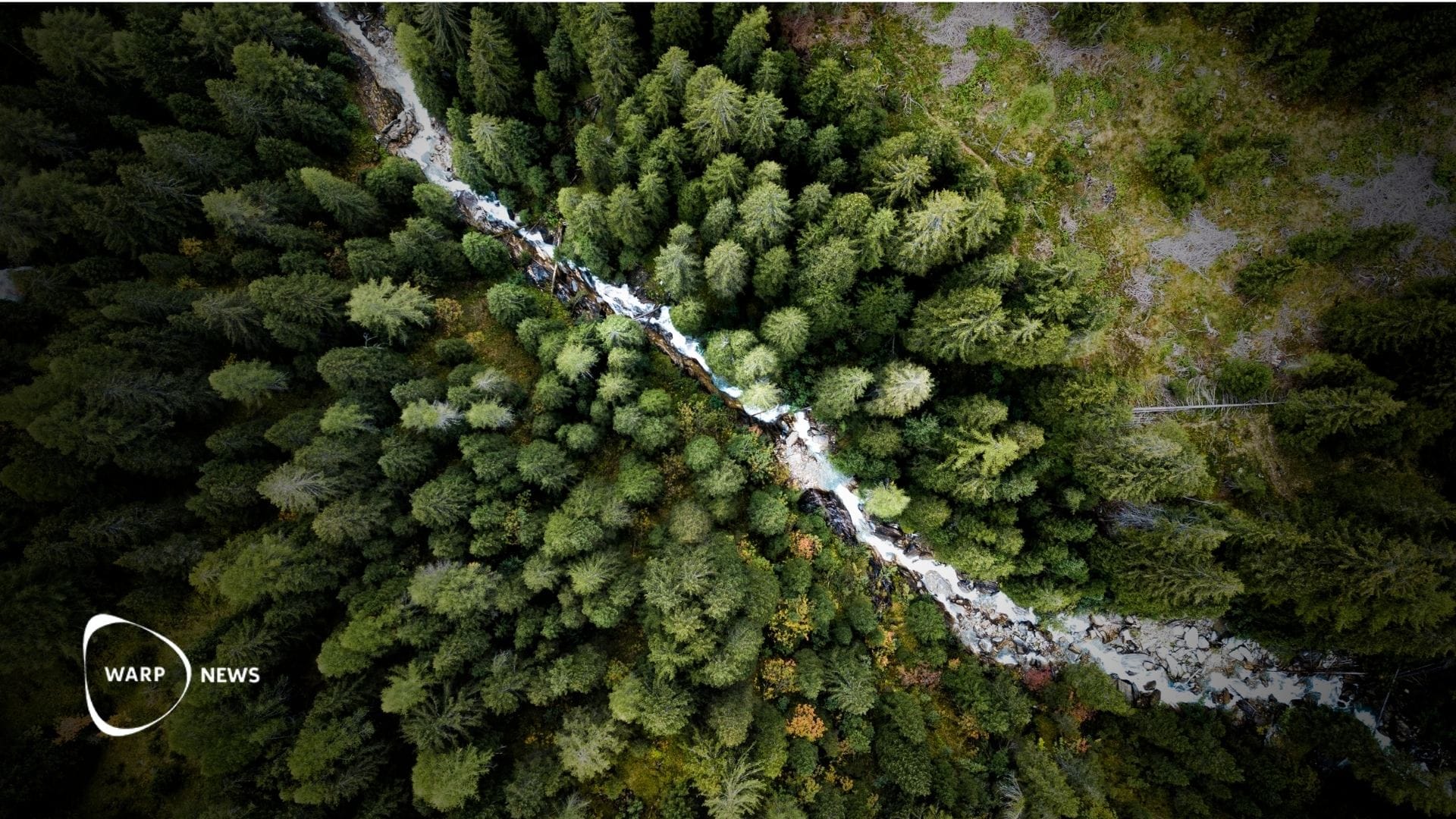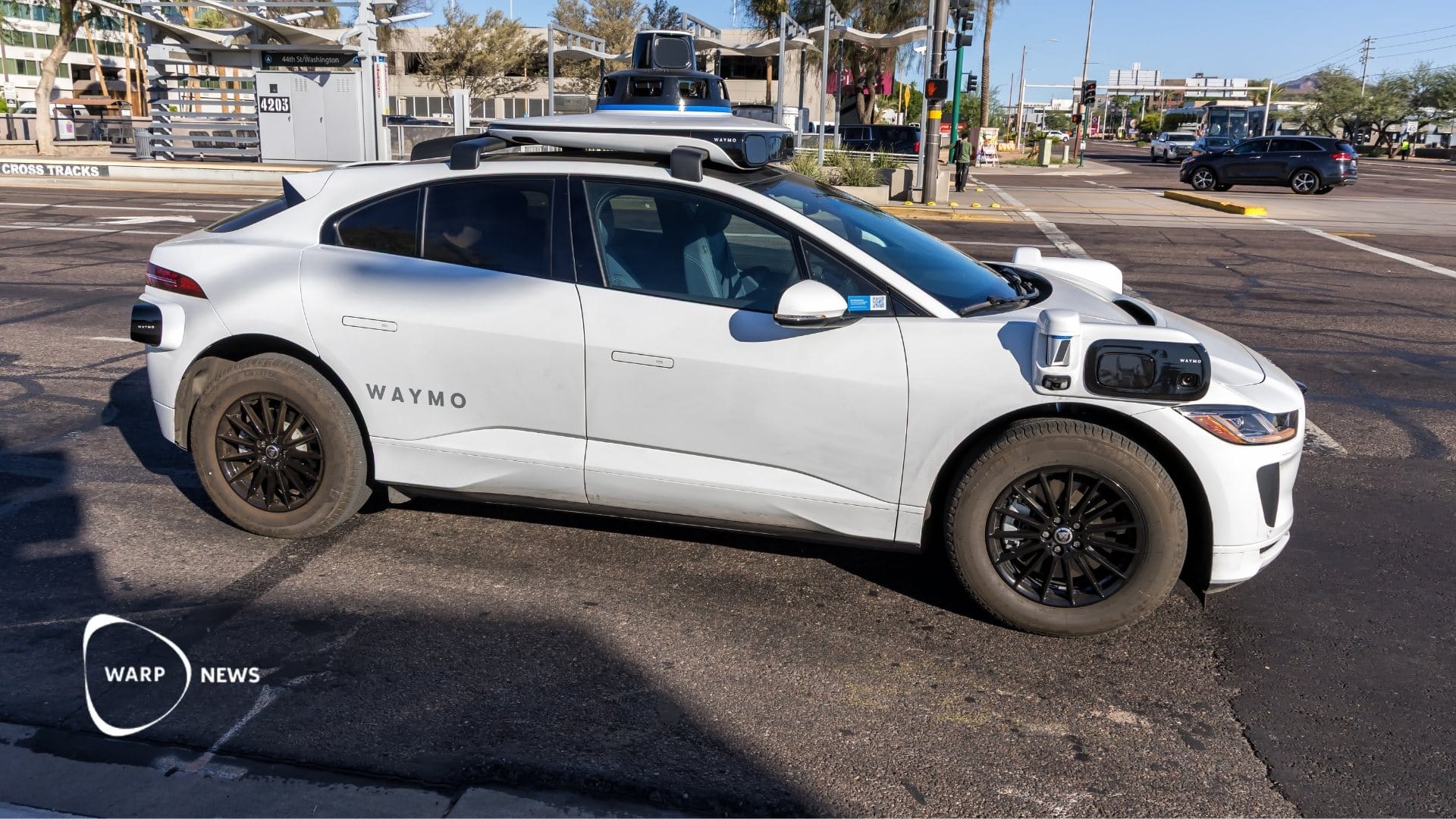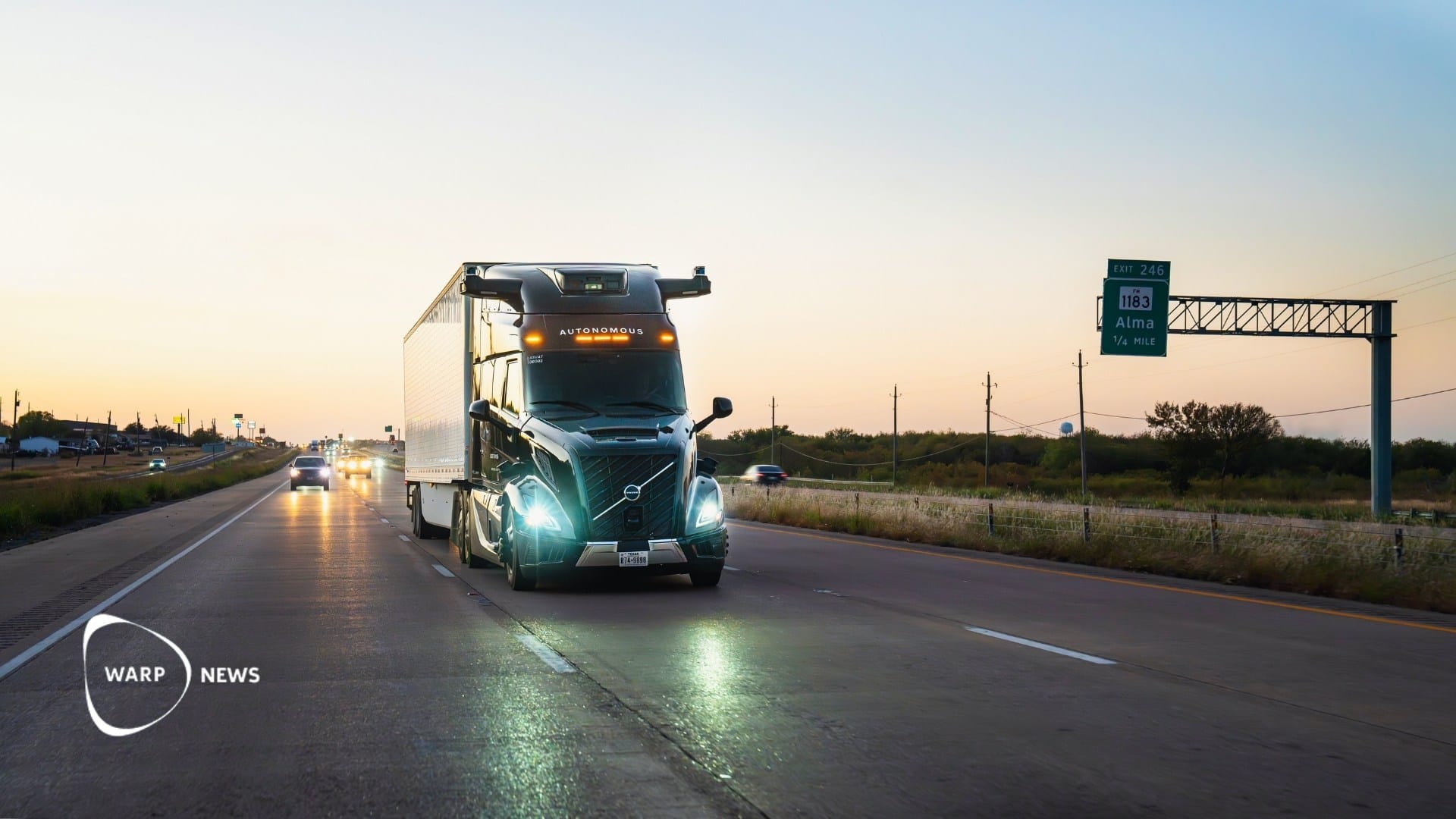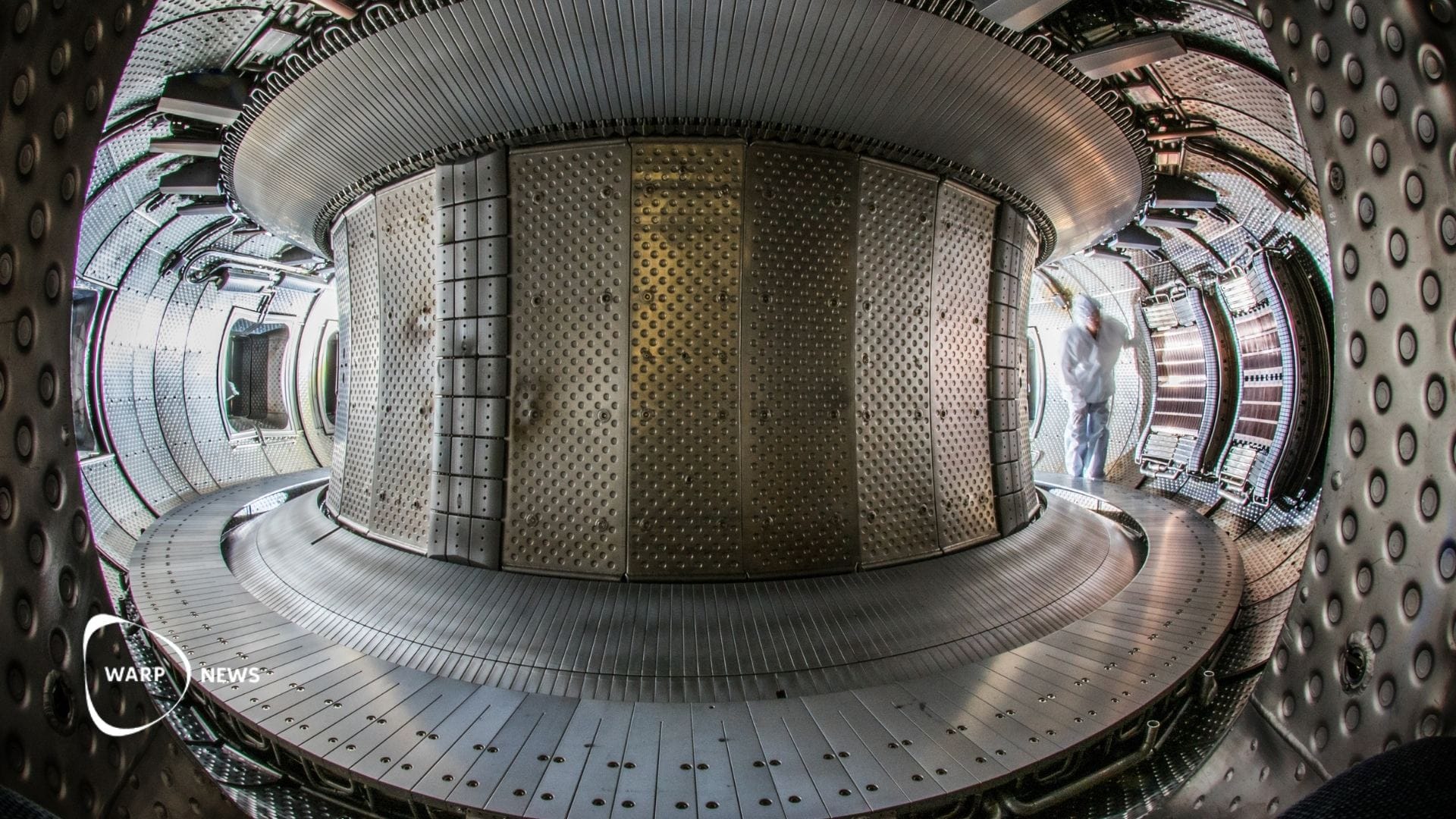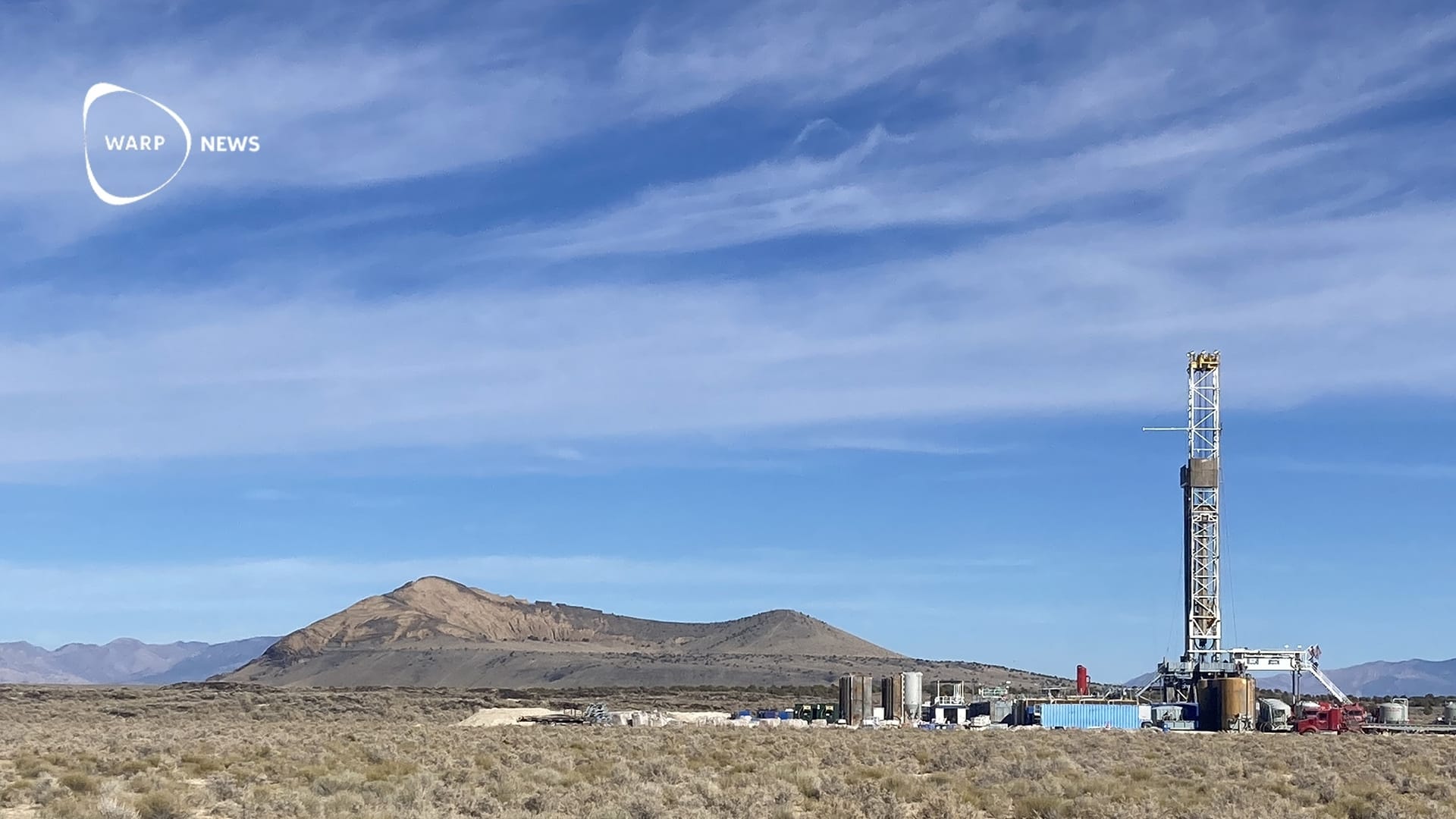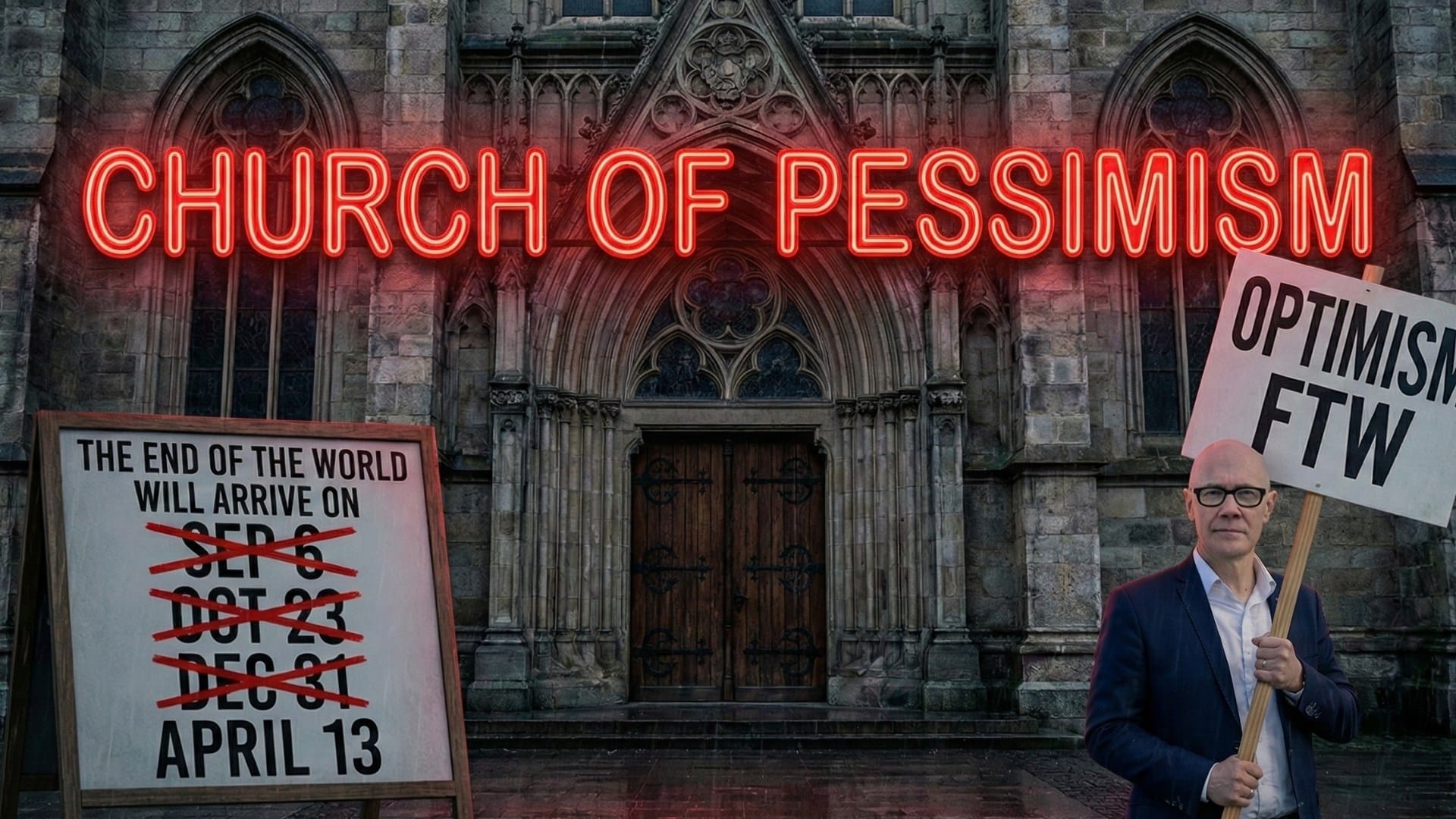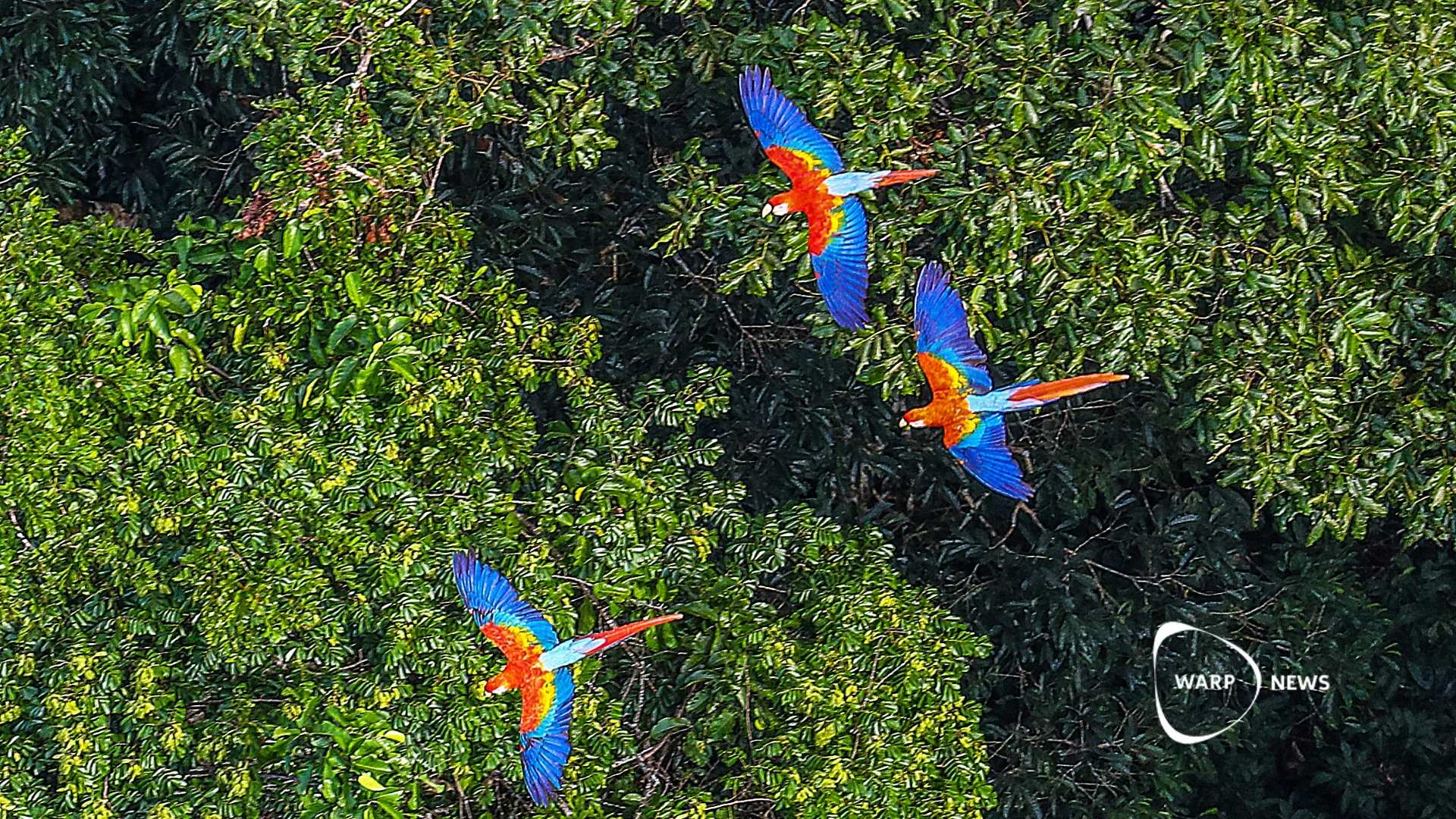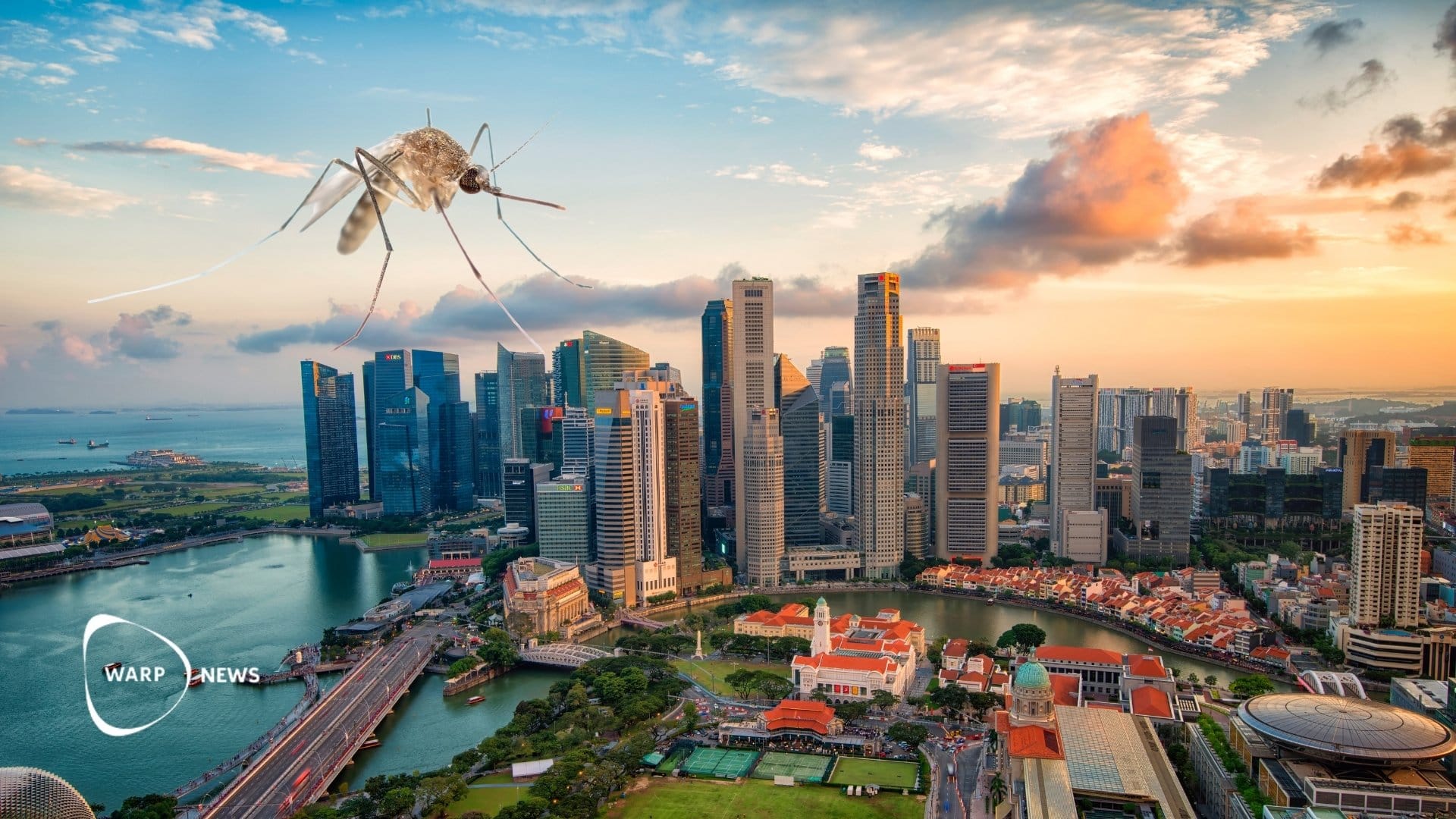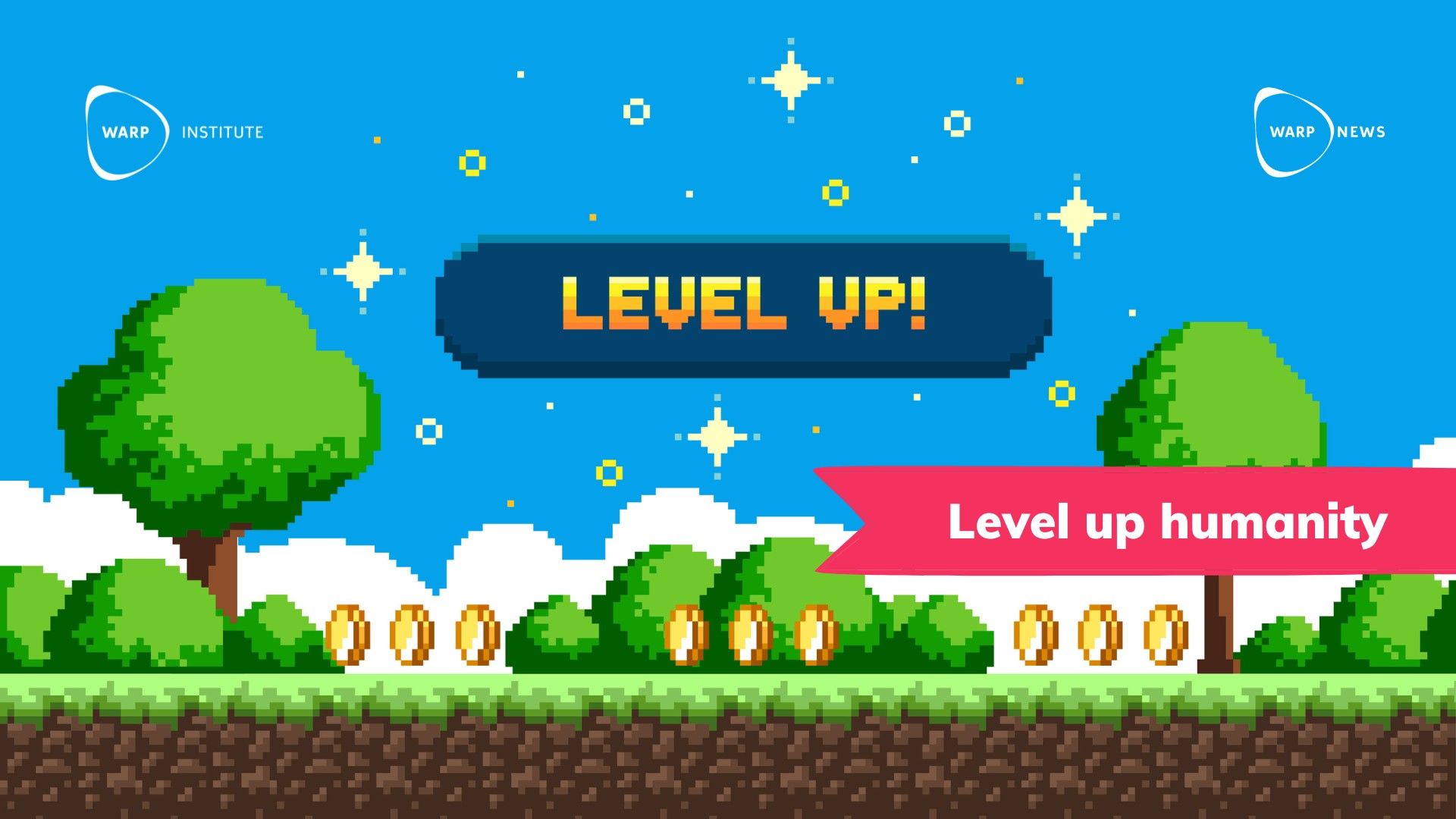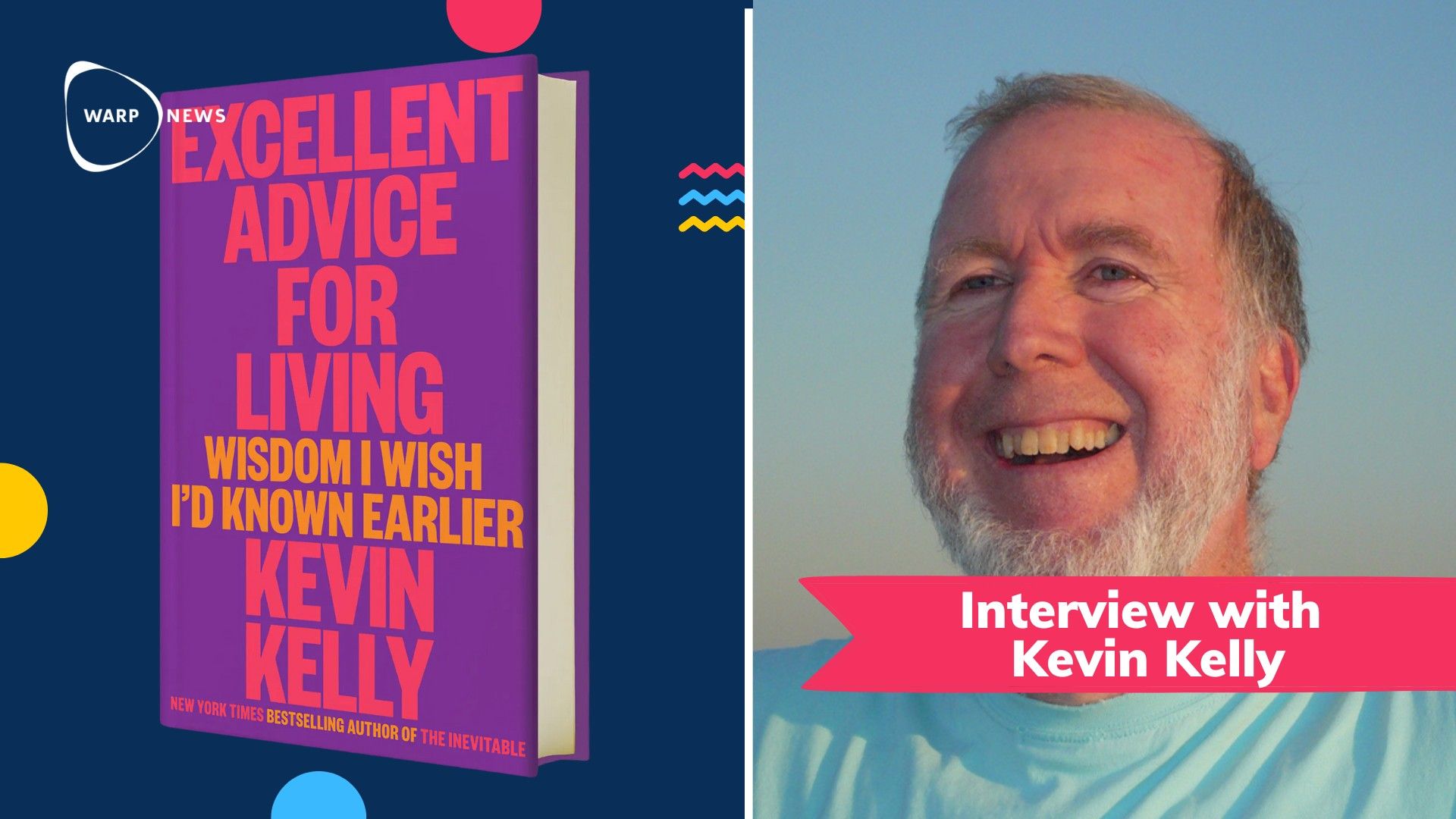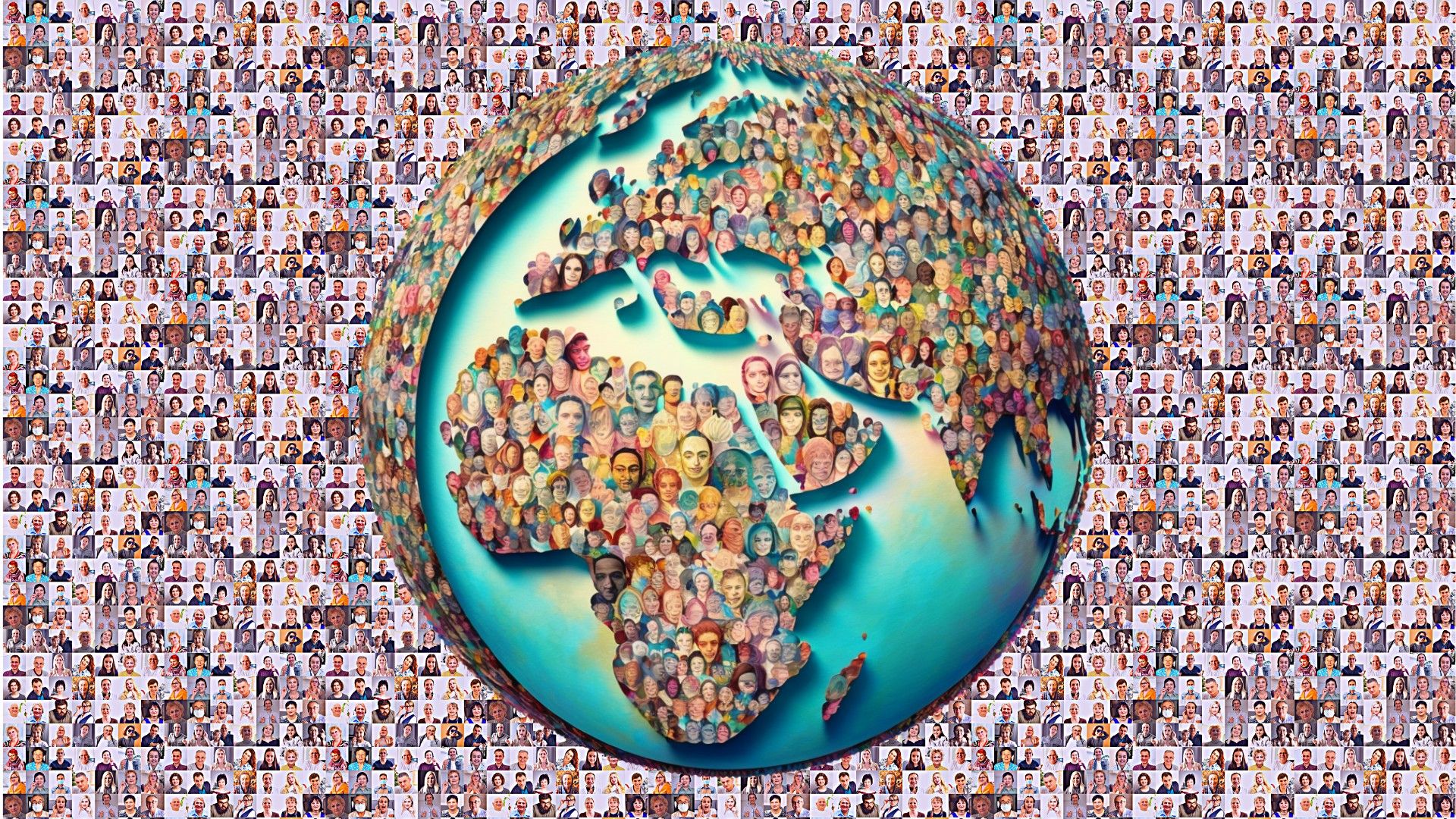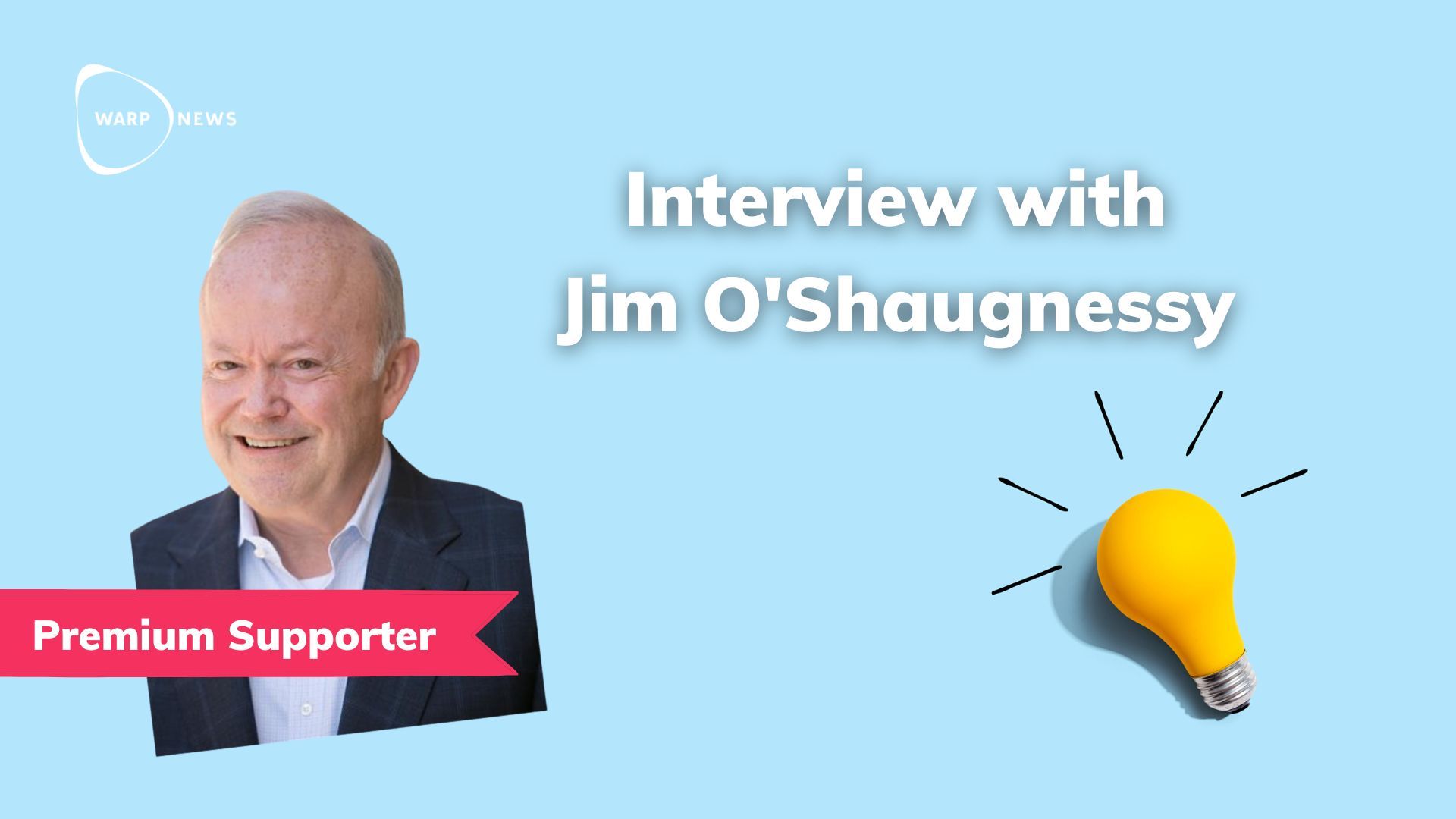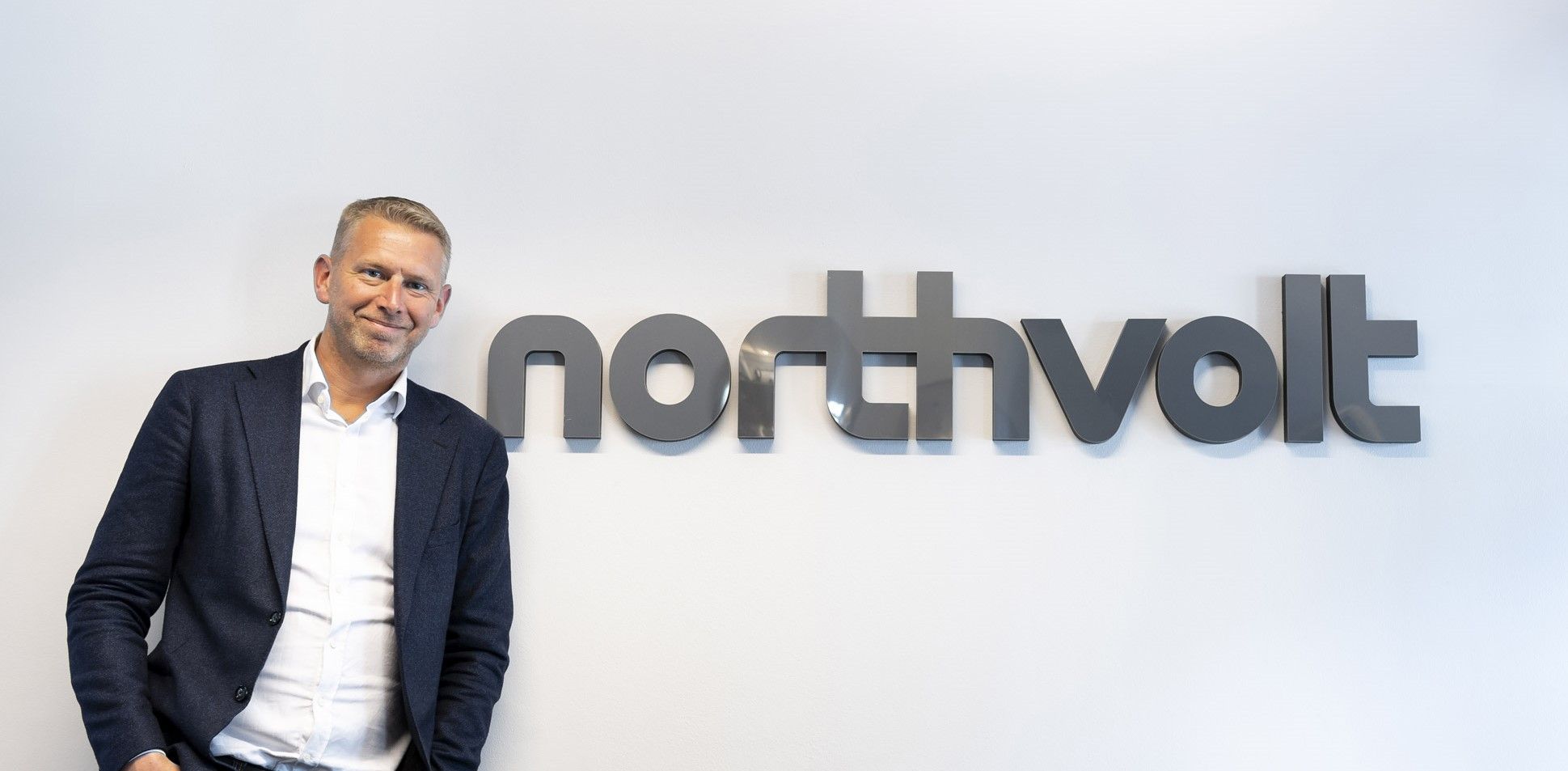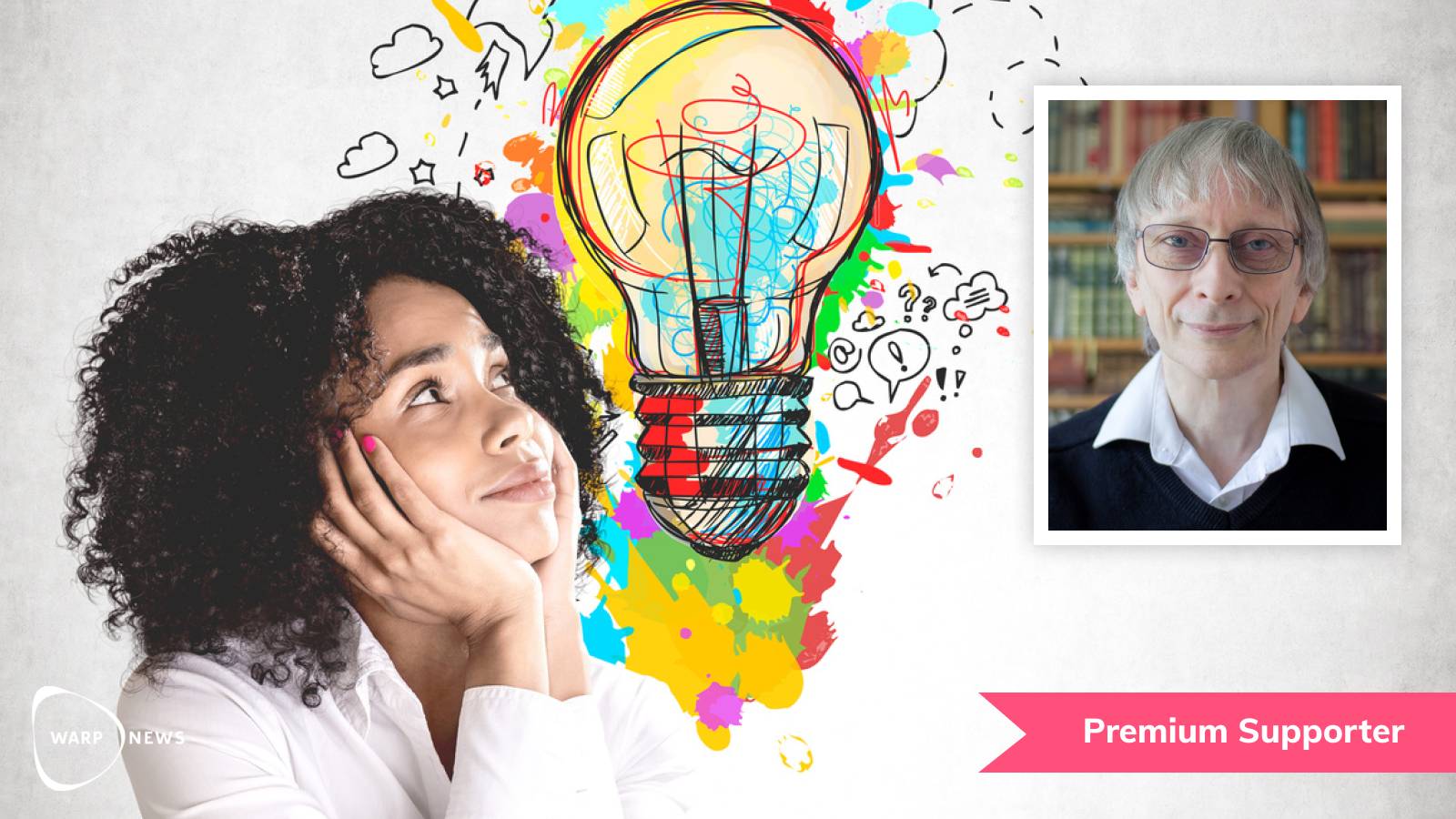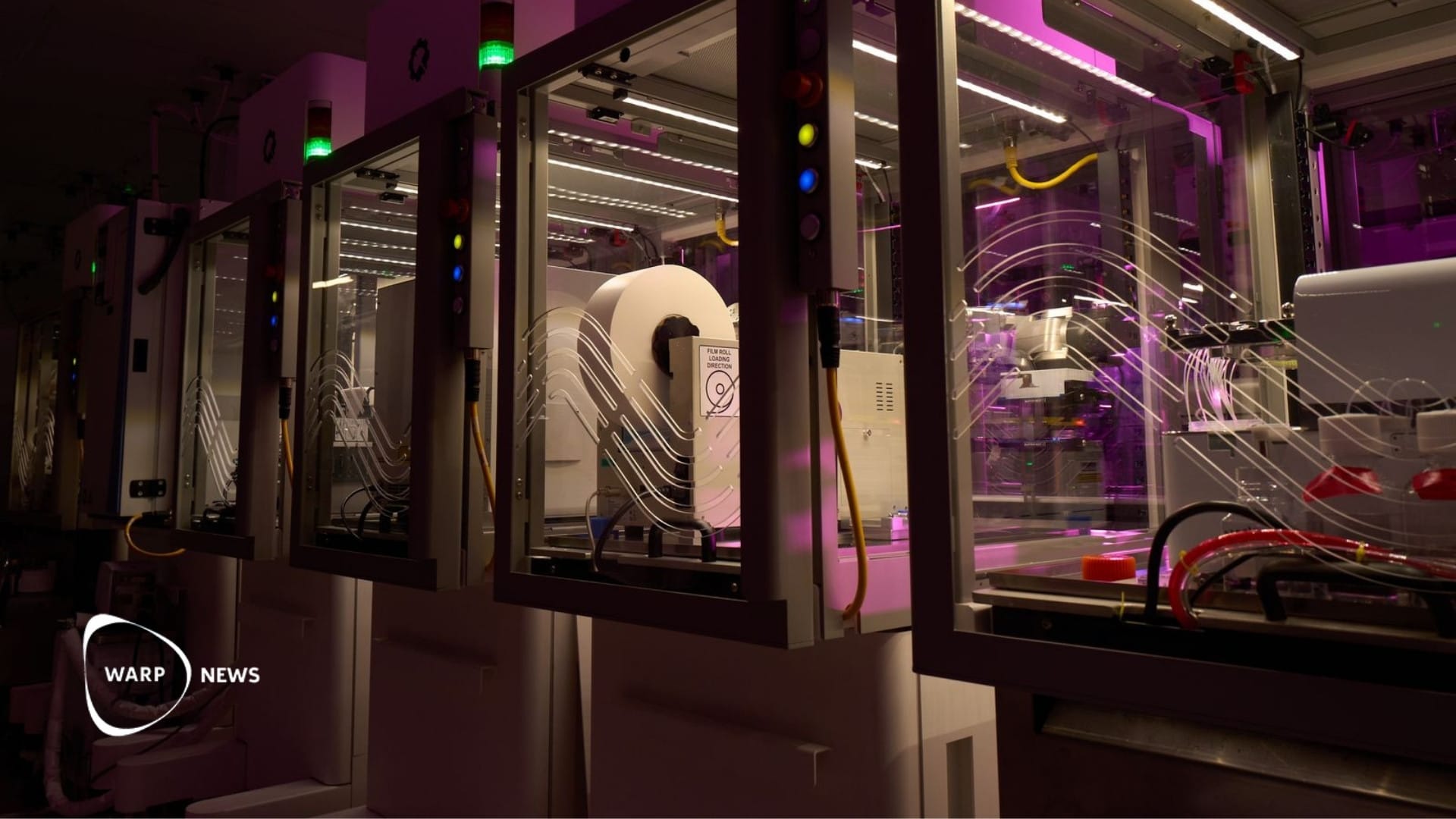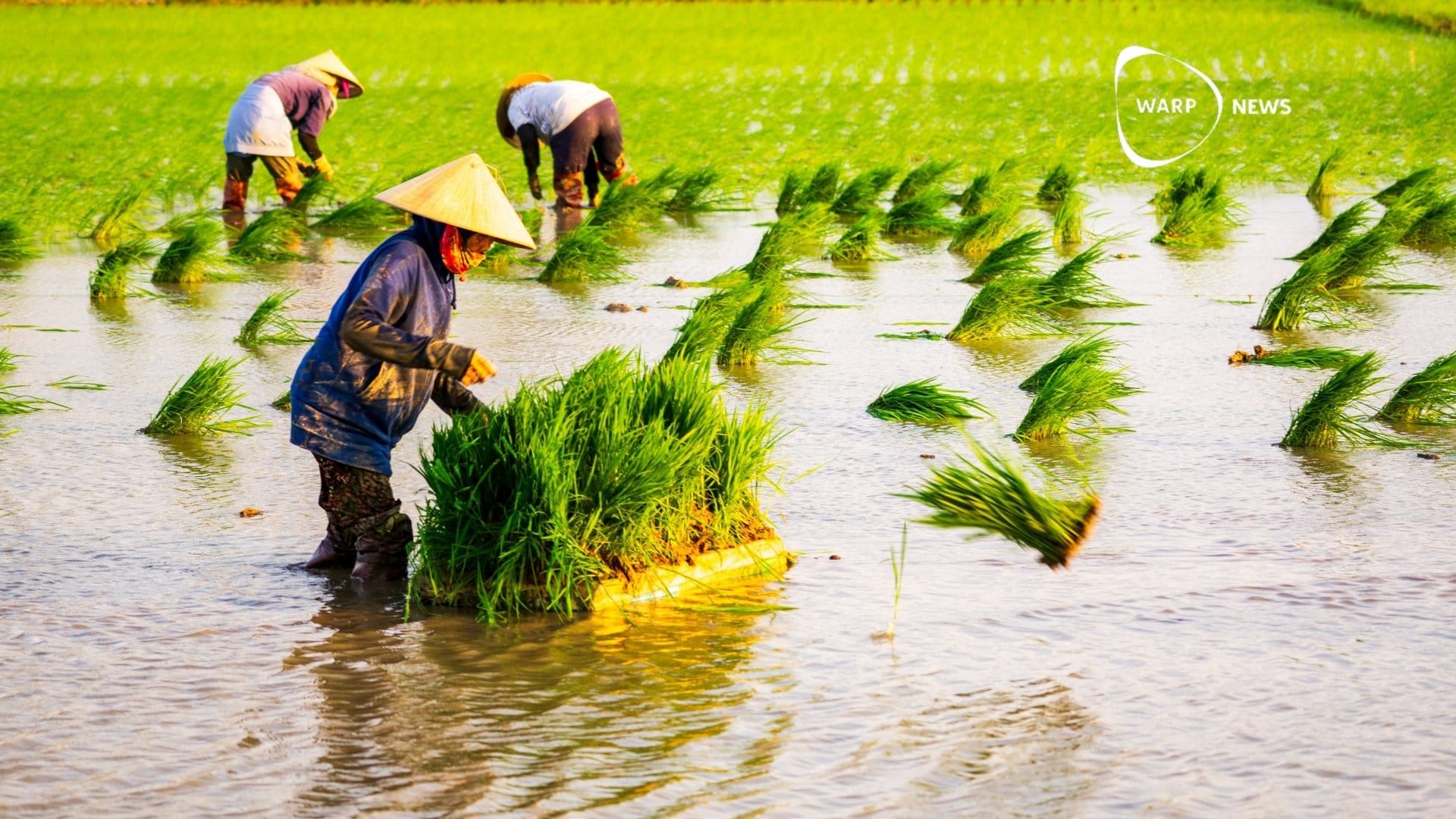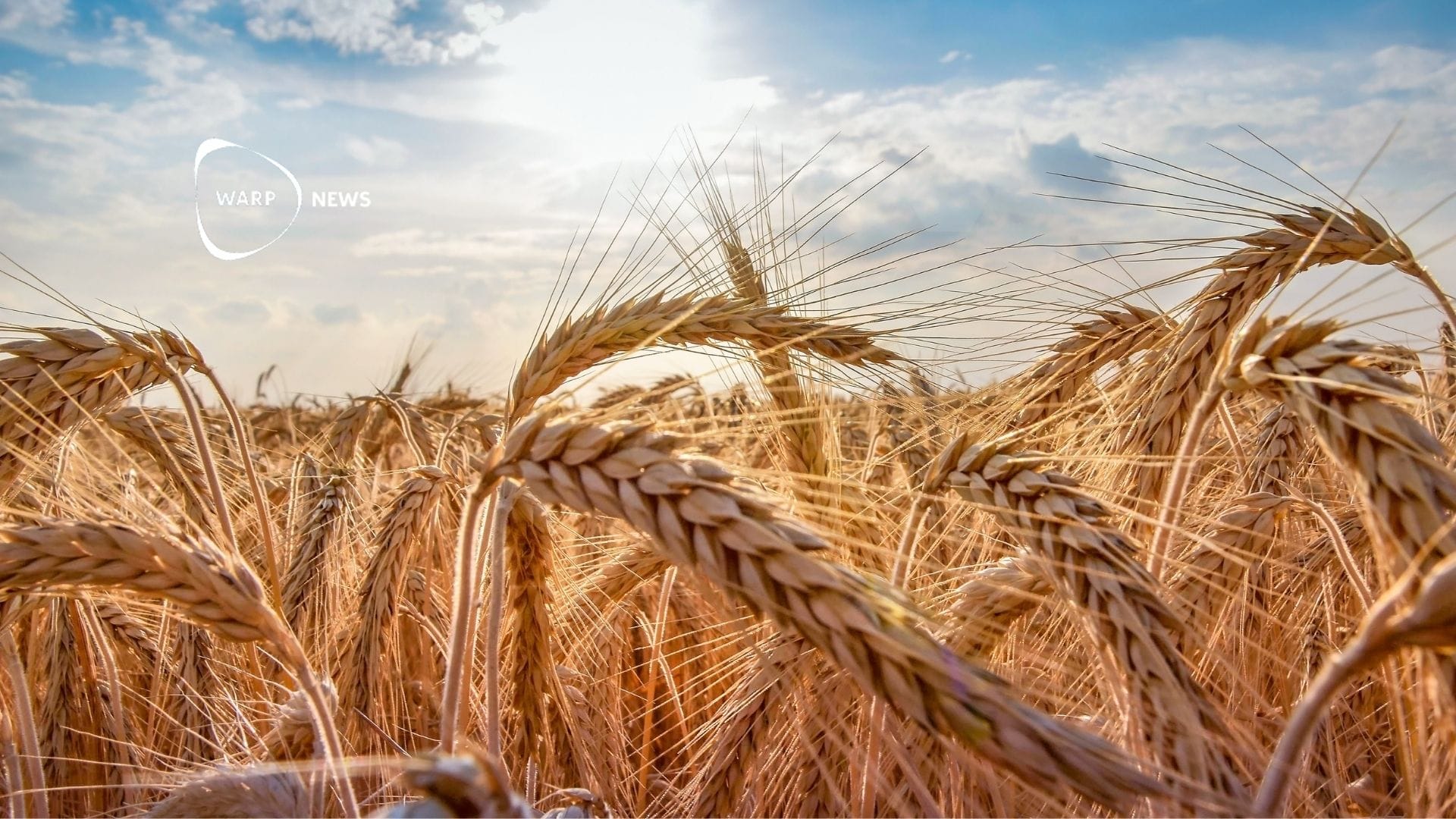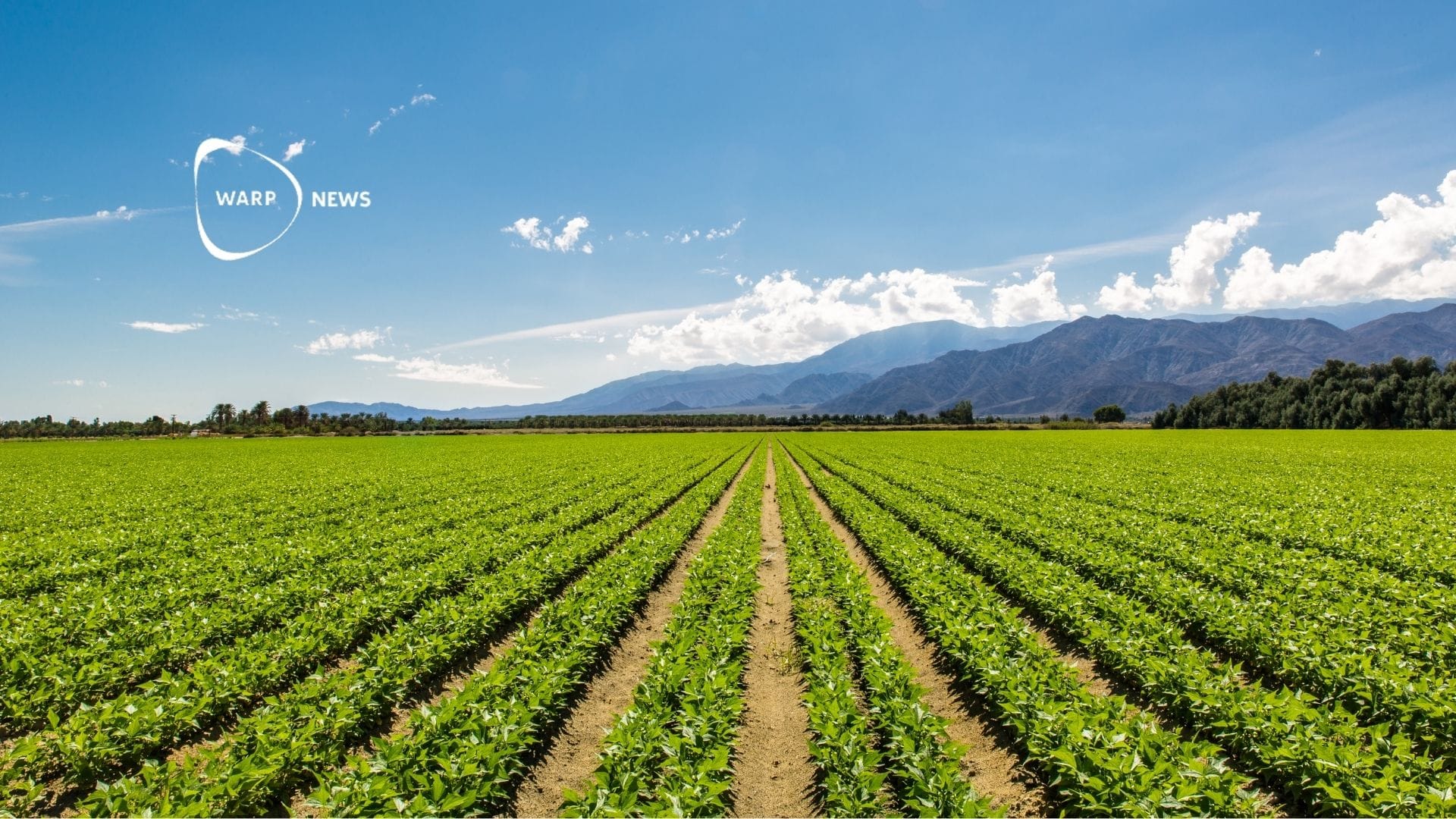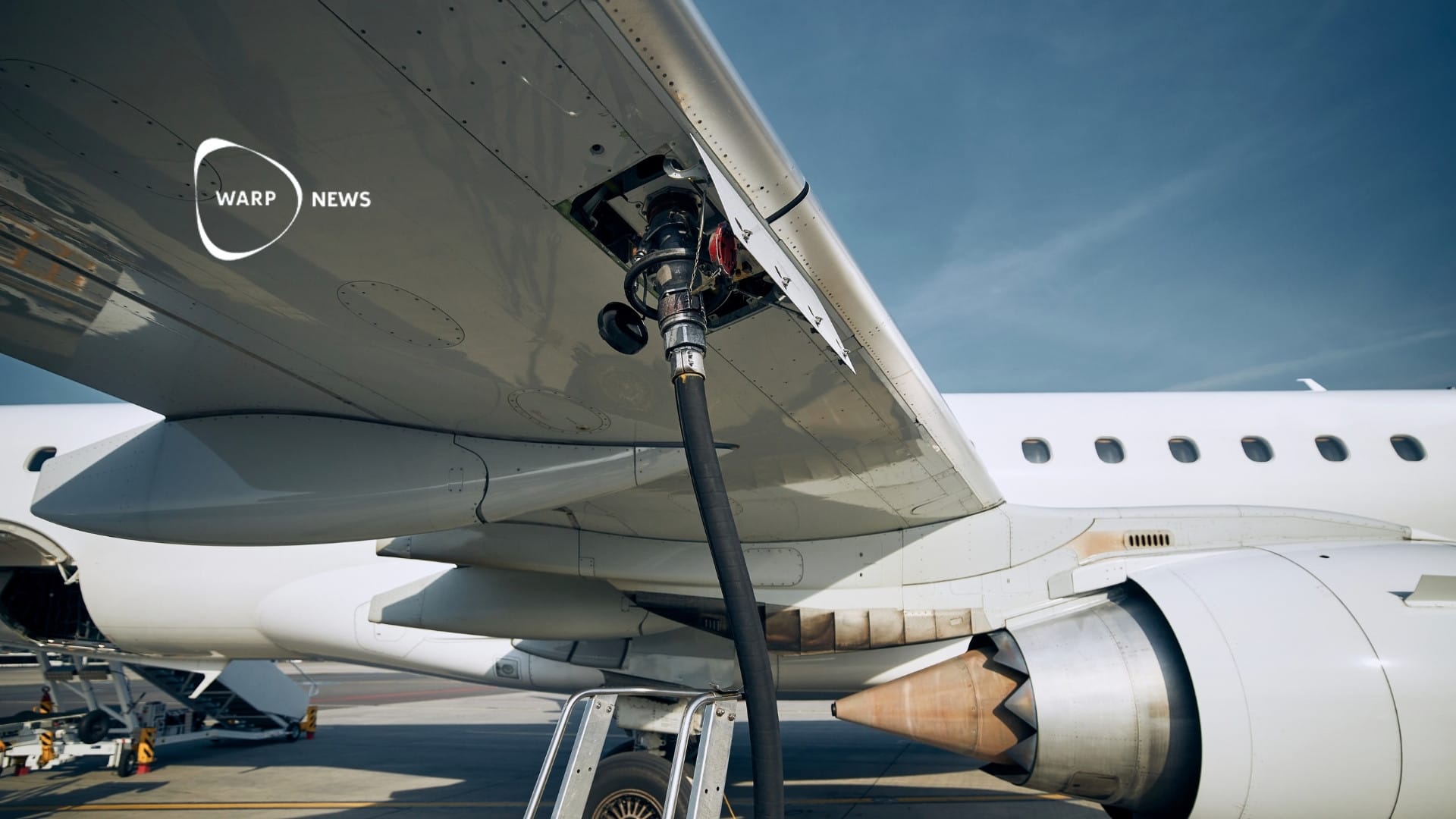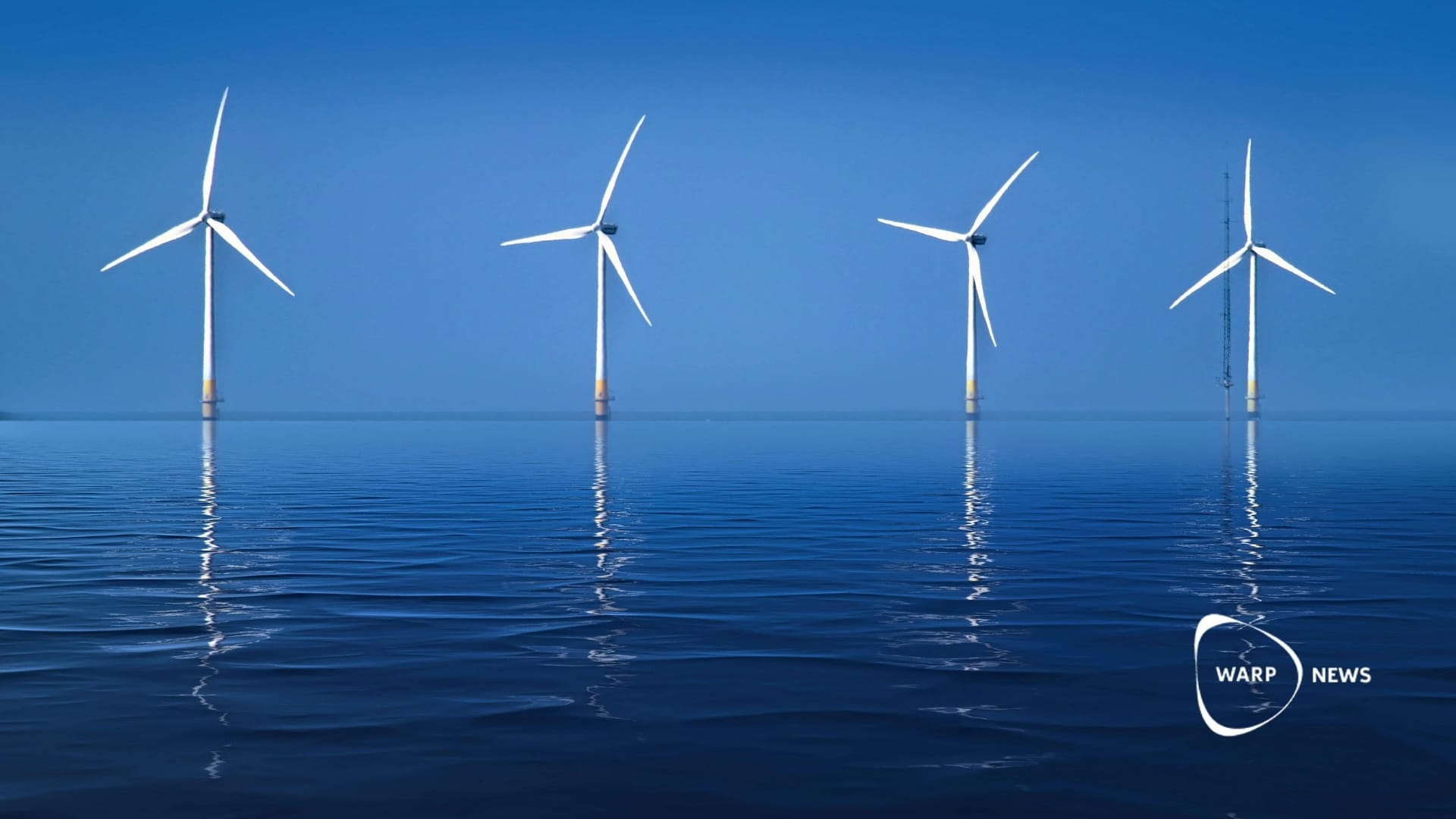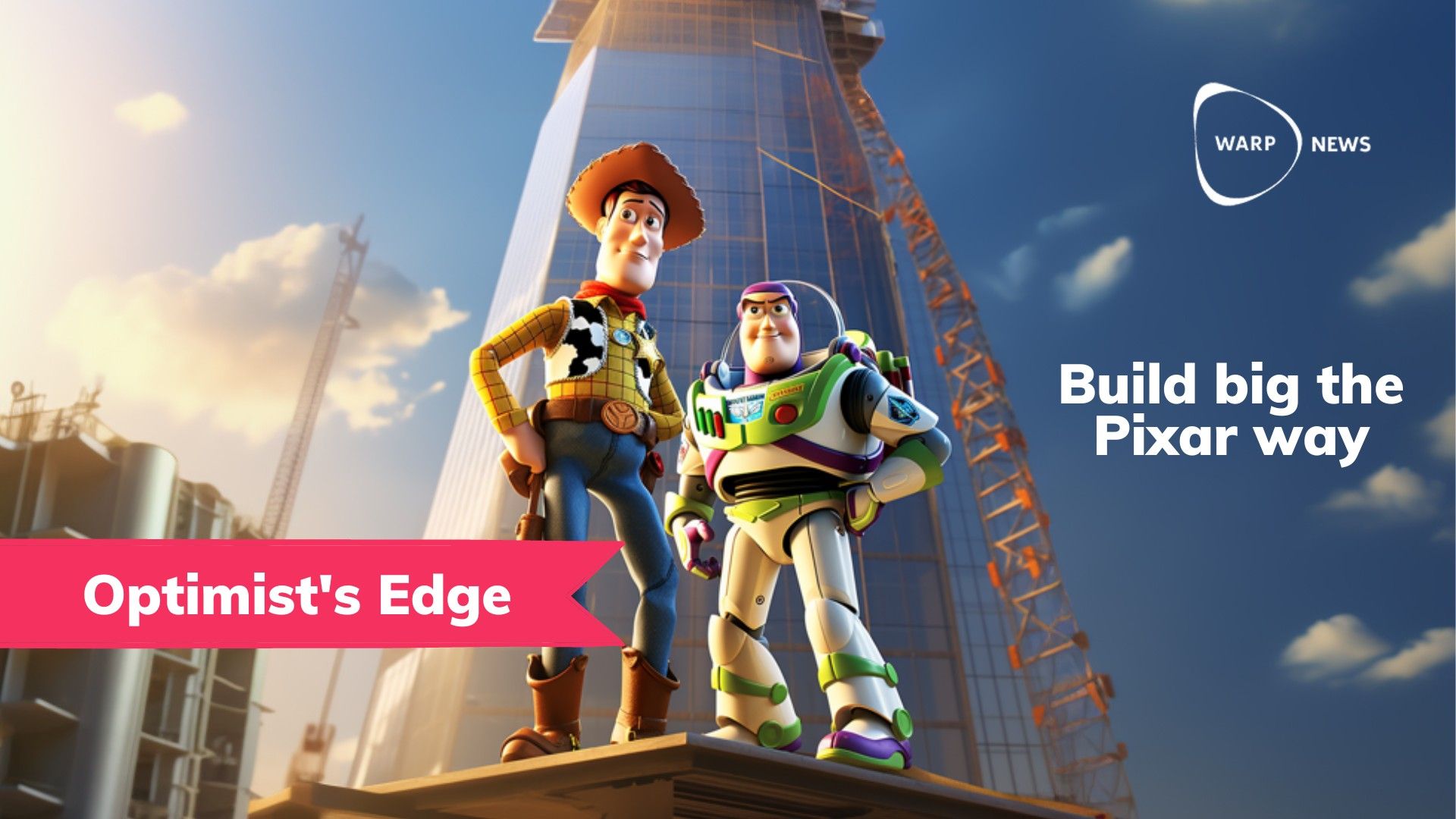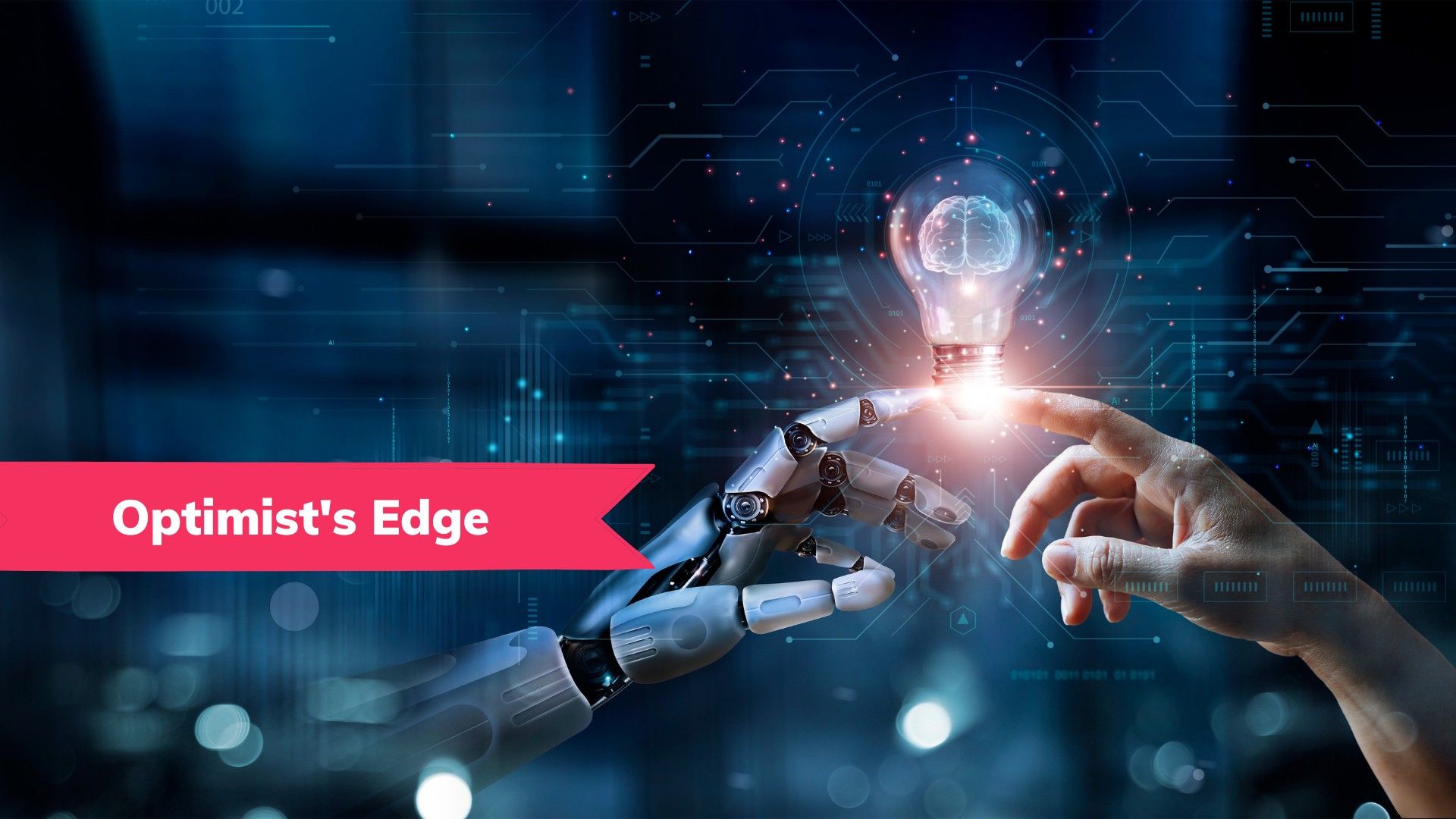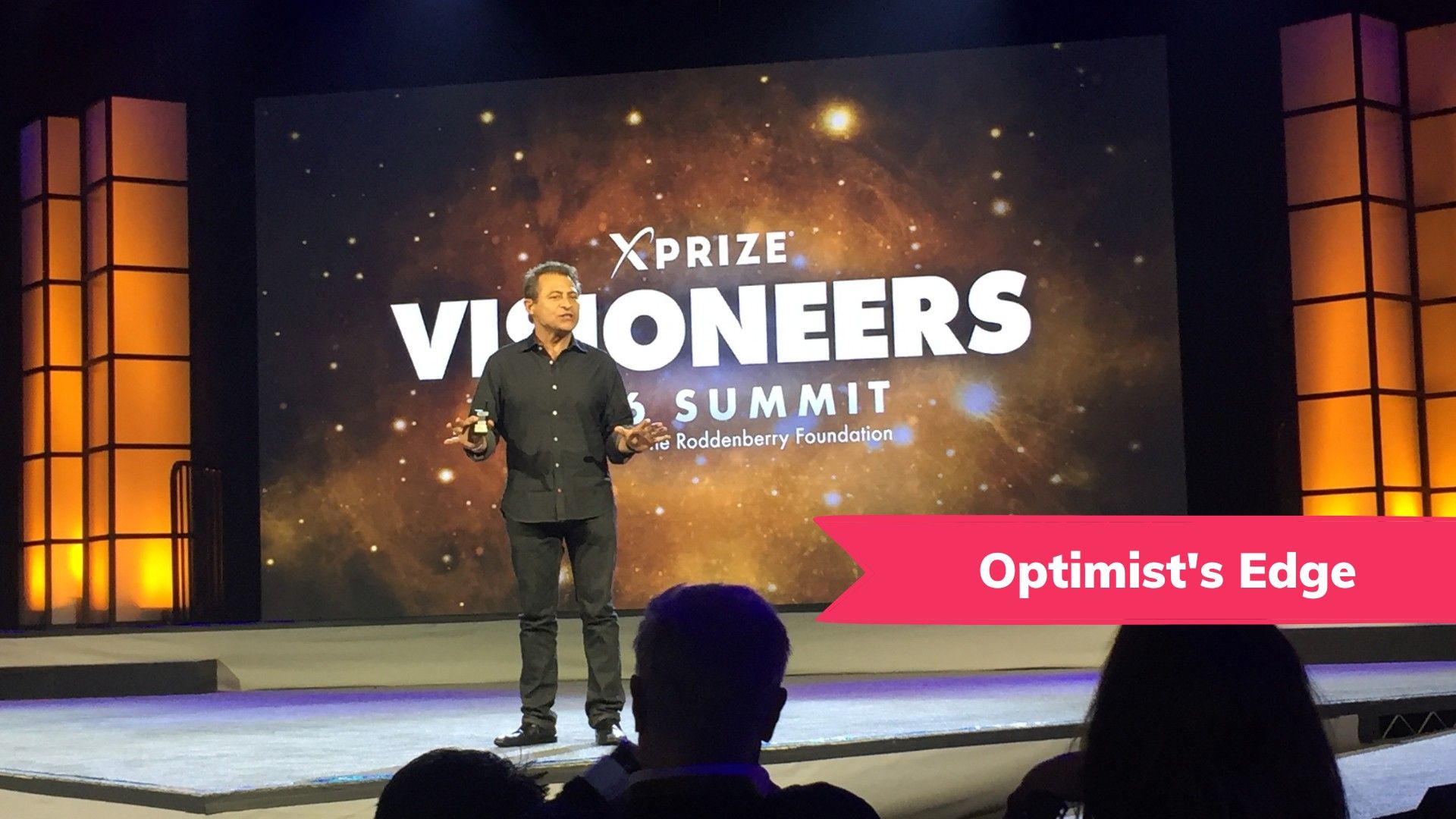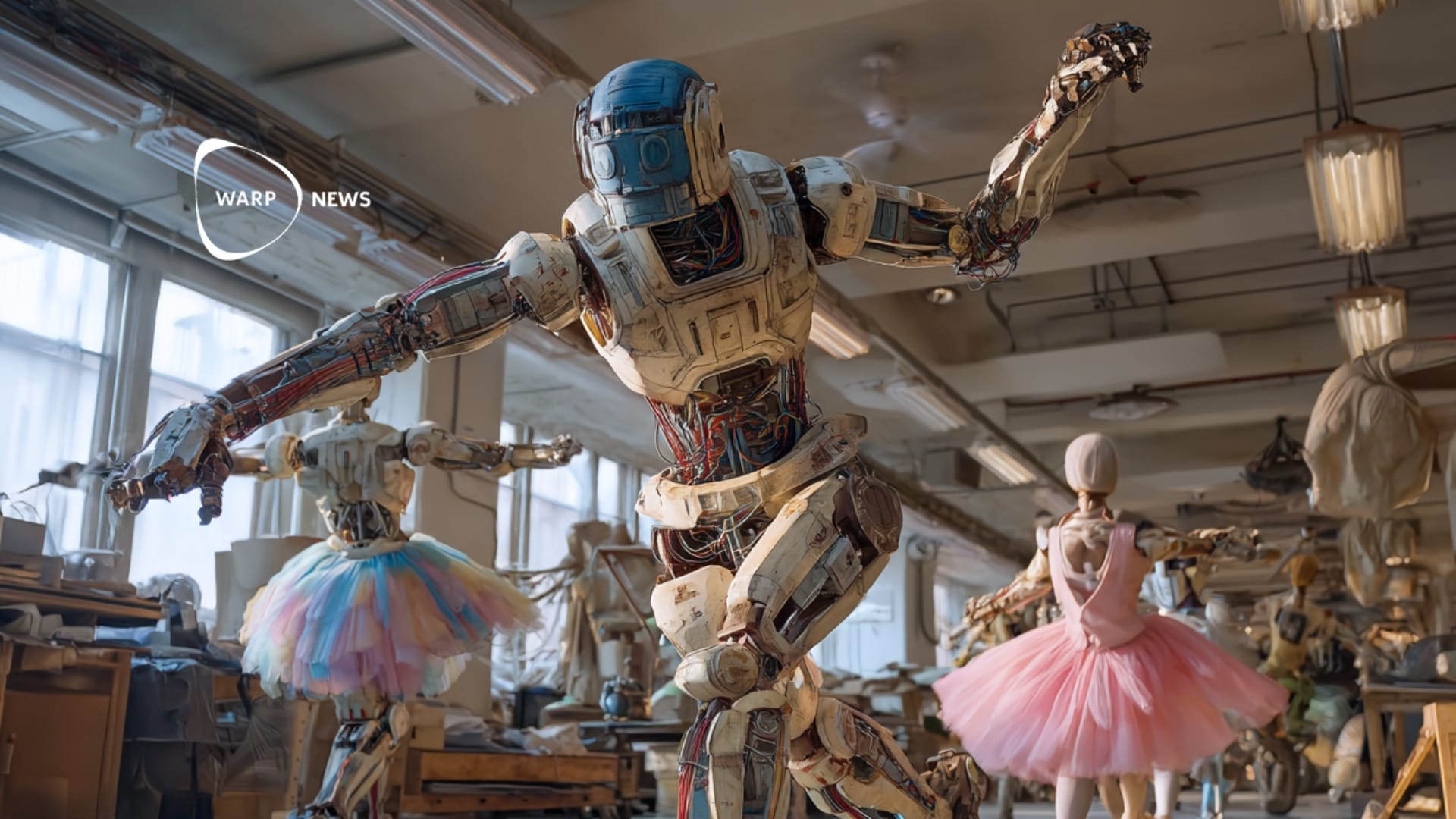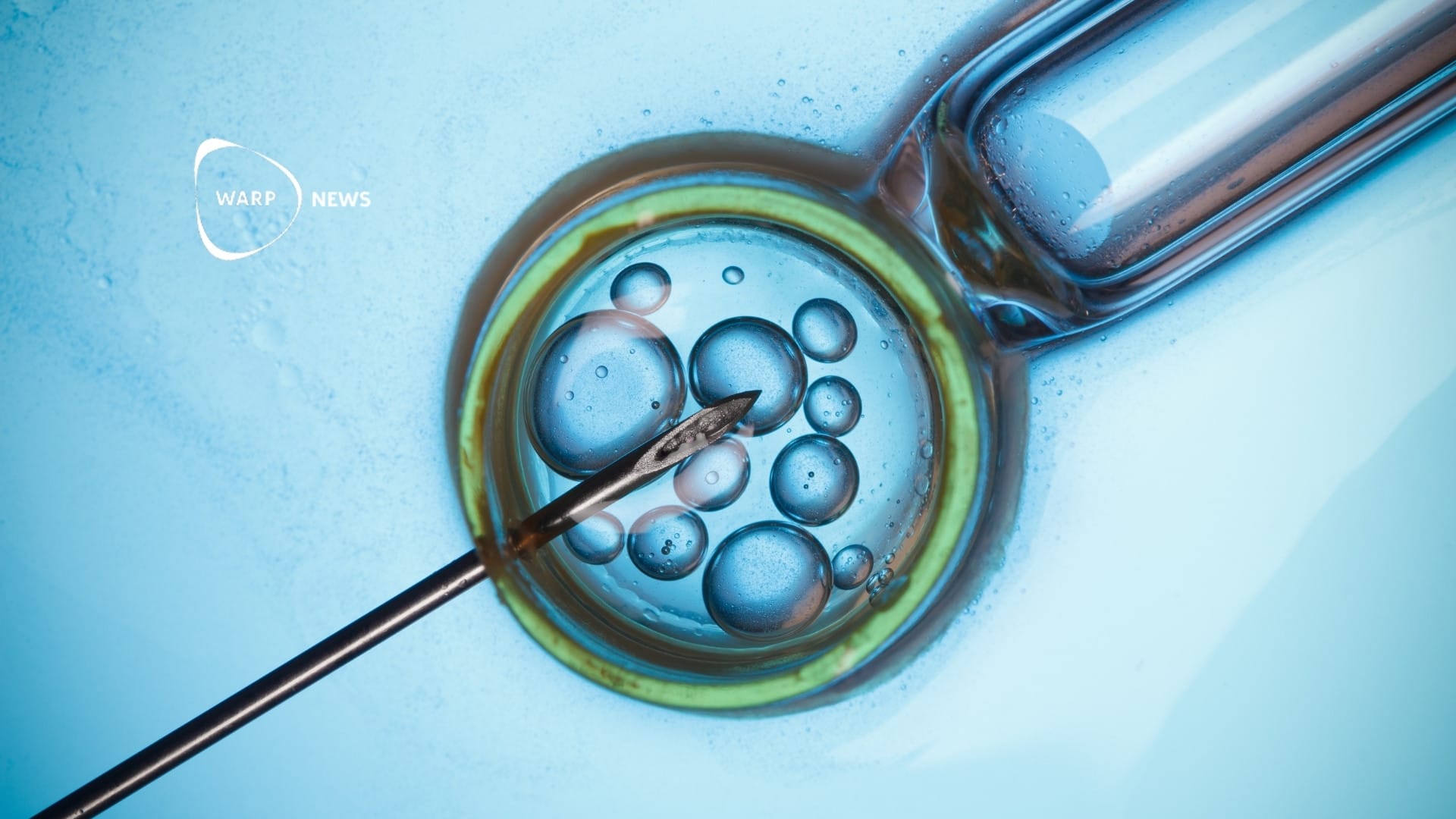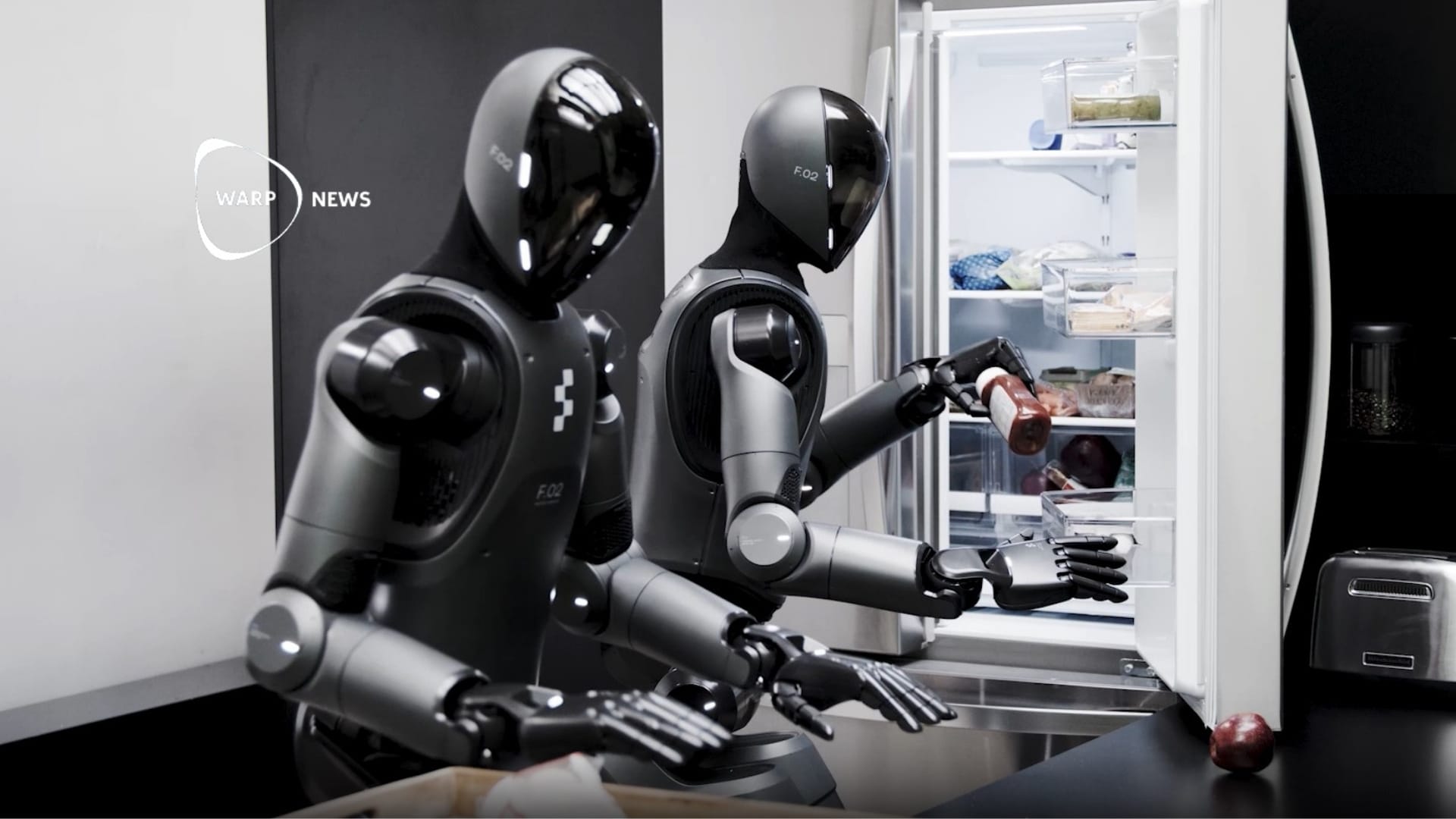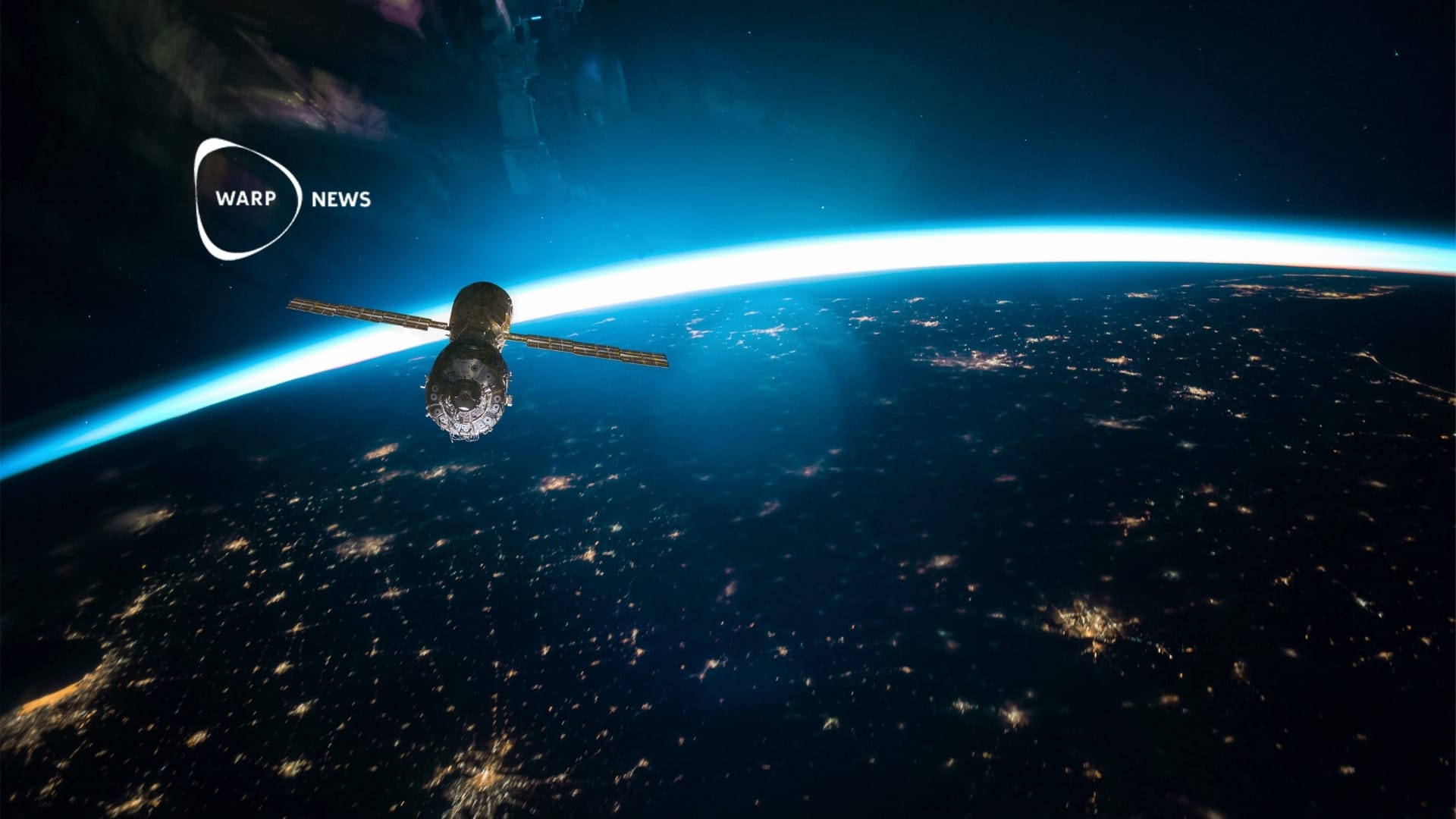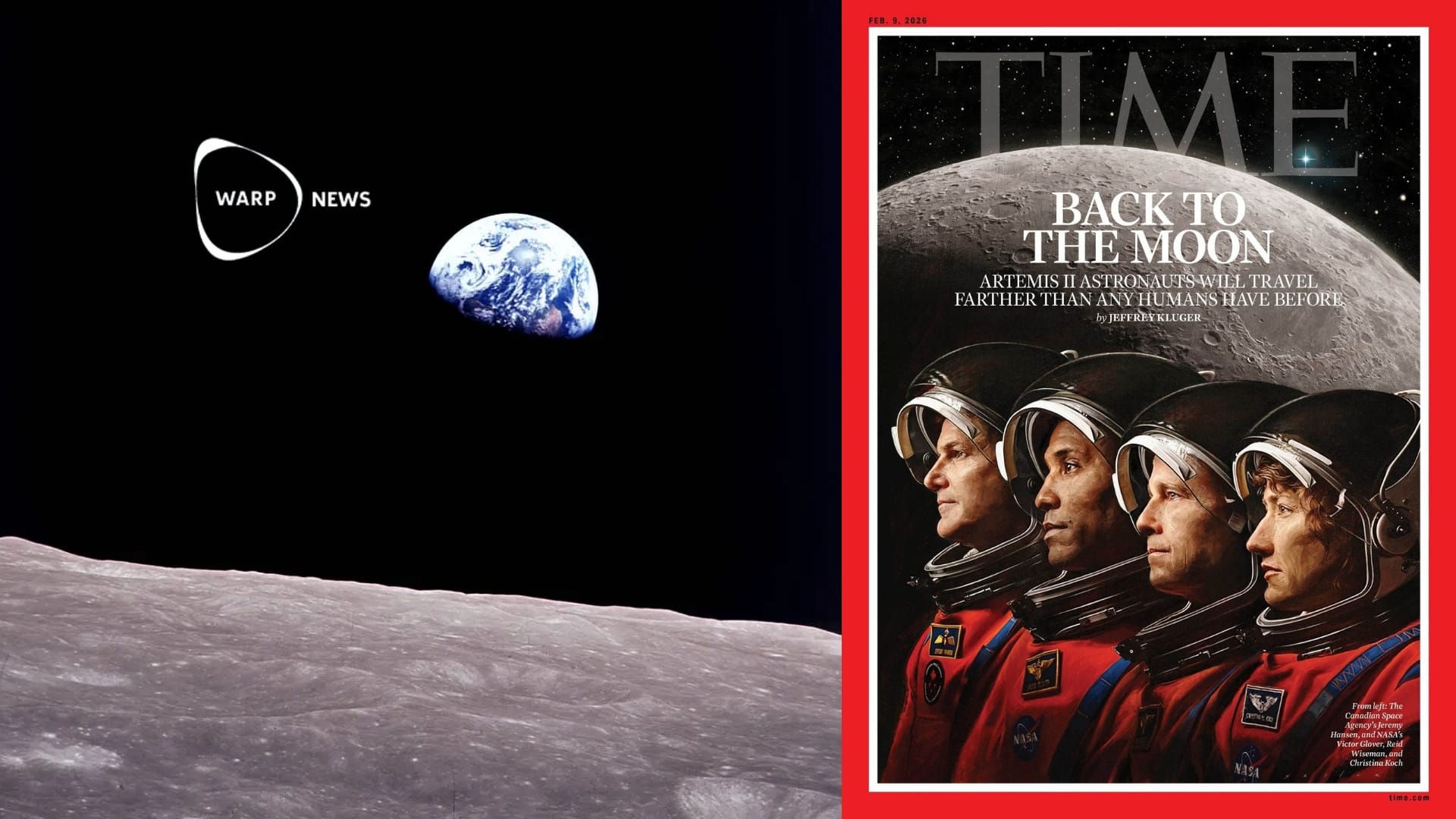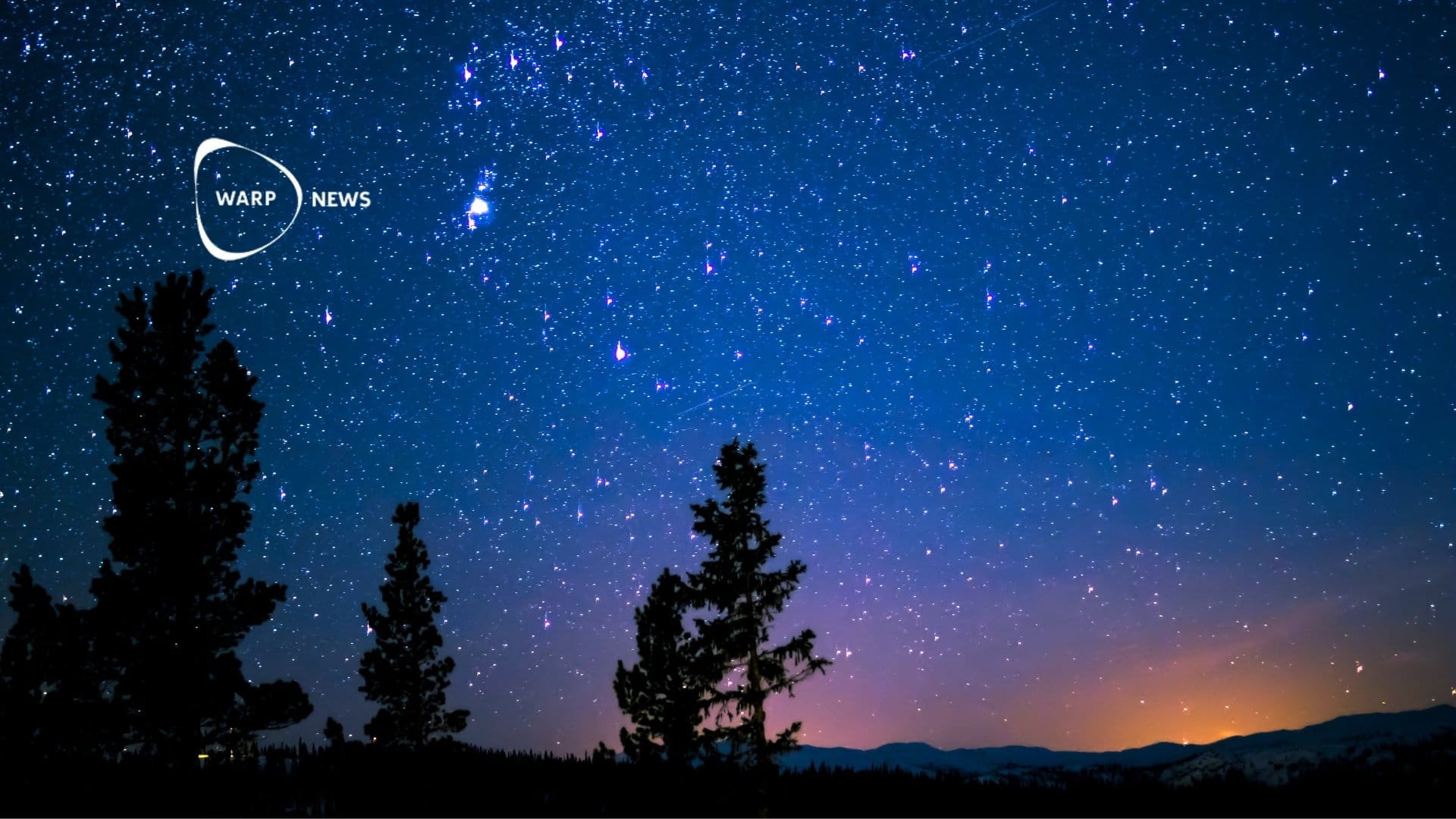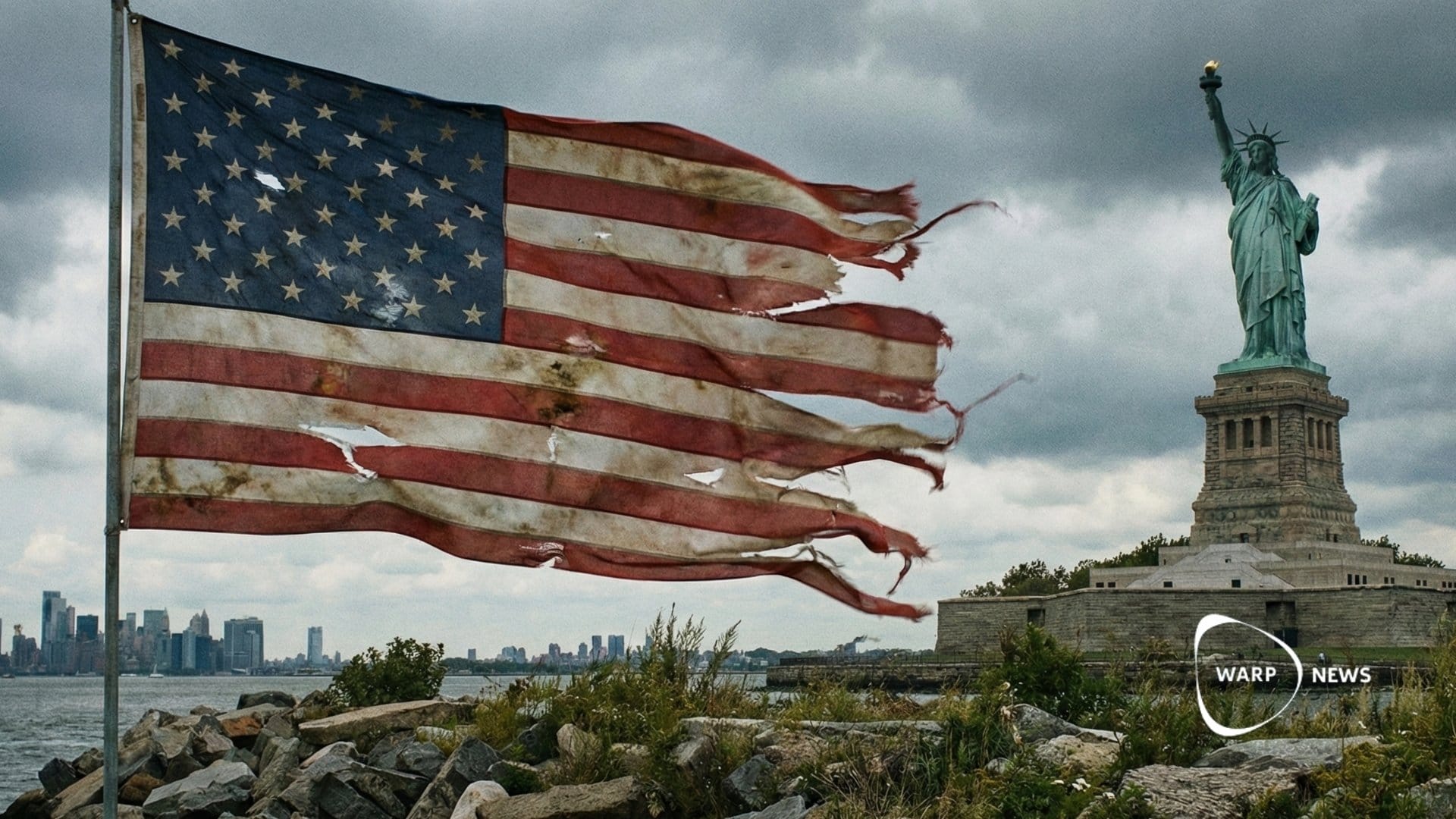
🌊 The Soviet Union drained the Aral Sea – now it's filling up again
The Aral Sea was once the world’s fourth-largest lake. When the Soviet Union diverted two rivers for cotton farming, it shrank rapidly. Now the trend has reversed: the North Aral Sea’s surface has grown by 36% in 20 years, water volume has nearly doubled, and 20 fish species have returned.
💡 Warp News #313
🤧 A nasal spray vaccine colds. ⏲️ New world record – fusion reactor held plasma stable for 22 minutes. 🎙️ Kevin Kelly and Dan Pink launch podcast about best possible future scenarios.
🎙️ Kevin Kelly and Dan Pink launch podcast about best possible future scenarios
New podcast series – Best Case Scenarios – explores the best possible developments in energy, transportation, biotechnology, and brain science over the next 25 years. The focus is on what happens if everything goes right and how technology can reduce costs, emissions, and accidents.
🎷 AI isn’t a threat – it’s the music industry’s next superhit
The music industry is terrified of AI-generated music. It shouldn’t be. AI music is about to become the biggest hit in music history.
🌲 Deforestation is slowing down – forests are expanding in more and more regions
In the past, forests around the world were cut down on a massive scale. But that has changed in recent decades. Deforestation still continues in some regions, but in others the trend has reversed. Forest area is now increasing in more parts of the world than it is decreasing in.
🚙 Waymo launches driverless taxi rides in four new cities and presents next-generation technology
Data from over 127 million miles driven shows that Waymo's driverless cars have ten times fewer serious crashes and twelve times fewer crashes with pedestrians compared to human drivers. The company has launched new sensor technology with the ability to drive in extreme winter weather.
🚚 Aurora triples its driverless truck network and expands across the southern United States
Aurora has expanded its driverless network from three to ten routes. The Fort Worth–Phoenix route of approximately 1,000 miles is the first driverless freight route to exceed mandated driving time limits, nearly halving transit times.
🤧 A single nasal spray vaccine could protect against all coughs, colds and flus
Researchers have developed a "universal vaccine" in the form of a nasal spray that in animal experiments protected against virtually all tested viruses, bacteria and even allergens. The method puts immune cells in the lungs in a heightened state of readiness.
⏲️ New world record – fusion reactor held plasma stable for 22 minutes
The research reactor WEST in France held plasma stable for just over 22 minutes, which is a new world record. The record surpassed China's previous mark by approximately 25 percent. The test showed that the reactor's internal surfaces withstood the demanding conditions without breaking down.
💡 Warp News #312
🌳 Deforestation decline in the Amazons continue. 🦟 Bacteria in mosquitoes reduced dengue cases by 70%. 🧮 AI helps mathematicians solve problems that have been unsolved for decades.
♨️ Geothermal power around the clock: Hot well in Utah shows the technology can scale up
Fervo Energy has drilled its hottest well yet at a new geothermal site in Utah, with measured temperatures exceeding 555°F at approximately 11,200 feet deep. Fervo pumps cold water underground, where it is heated by the Earth's natural heat. The water is then brought back to the surface.
⛪ Tobias Wahlqvist: Pessimism is a kind of religion
No culture has ever existed without religion. And neither do we. Robin Dunbar shows that religion is not about God, but about belonging. In our secular age, pessimism has become the creed. Complaining is the ritual. And the optimist? A heretic.
🌉 New bridge in Sierra Leone cuts journey from half a day to five minutes
The Gendema Bridge replaces a 50-year-old hand-pulled ferry across the Sewa River. The bridge is part of a larger effort where a total of eight bridges are being built to connect farmers with markets across the country.
🌳 Amazon deforestation continues to decline – lowest level since 2014
Satellite data shows that deforestation in the Amazon between August 2025 and January 2026 dropped to 1,325 square kilometers, the lowest level for the period since 2014. Total deforestation over the past twelve months decreased to 3,770 square kilometers, also the lowest figure since 2014.
🦟 Bacteria in mosquitoes reduced dengue cases by 70 percent in Singapore
In a two-year experiment in Singapore, the number of wild mosquitoes decreased by 77 percent in areas where Wolbachia-infected male mosquitoes were released. Residents in treated neighborhoods had approximately 70 percent lower risk of developing symptomatic dengue.
📚 Top Reads
We're honored to present these top reads from world-class writers, who contribute to Warp News because they believe in our mission of spreading fact-based optimism all over the world.
🆙 Warp Levels - an idea to level up humanity
Humanity is doing the high jump without a bar. We have no goal. With Warp Levels, we determine what the next level for humanity should contain, so we can level up and make progress faster.
📚 Kevin Kelly: Focus on the biggest opportunities, not the biggest problems
We talk about some of the 450 advice in his new book, but also about his new project: Protopia - the hundred-year desirable future. And Kevin Kelly give advice for how Warp News should grow faster: "Wrap it around people and their dreams."
💡 A new mindset for humanity can impact billions of people now and in the future
If we succeed in giving humanity more optimism about the future, it will not only affect those living now but also all generations and billions of people who will live in the future.
💰 Wall Street legend: “Pessimists sound smart – optimists make money”
Jim O'Shaughnessy is a legendary investor on Wall Street. He shares what he thinks is the biggest opportunity for the future and explains how the world is going through a great reshuffle.
🔋 Northvolt and the benefit of understanding the future
The story of Peter Carlsson and Northvolt teaches us two lessons: You need to understand the future to see all the possibilities, and you must be a fact-based optimist to grab them.
💡 David Deutsch: Optimism, Pessimism and Cynicism
With so much progress in the world, how can pessimism still be widespread? It is because of cynicism, denying that “so-called-progress” is progress, argues David Deutsch, professor at Oxford University and one of the world's leading intellectuals on optimism.
